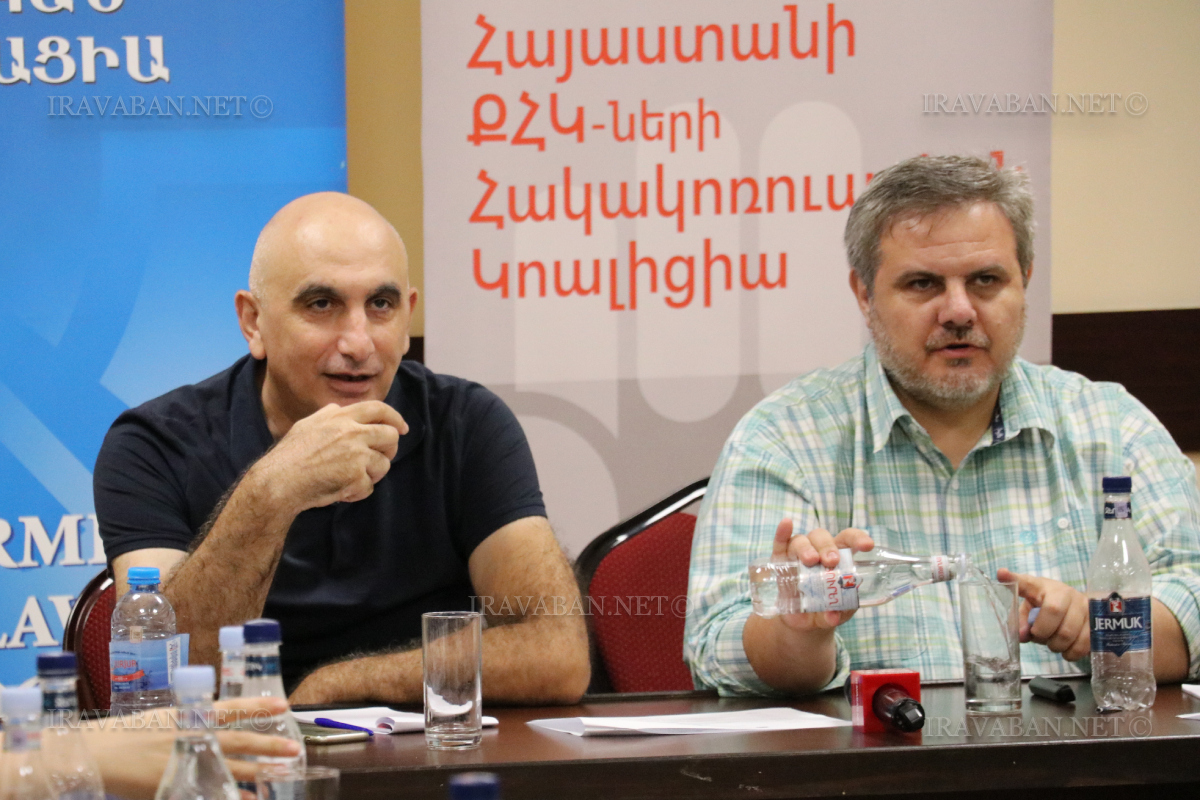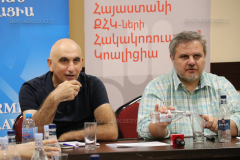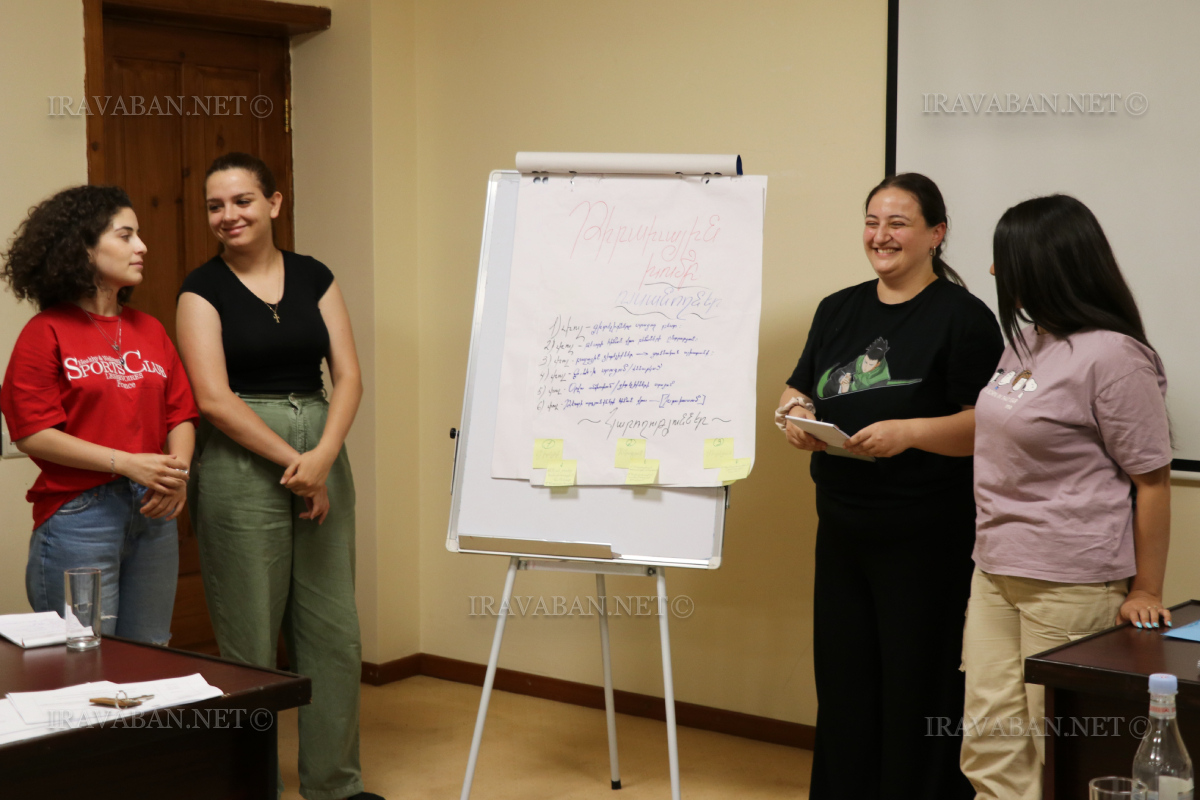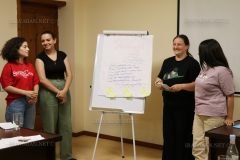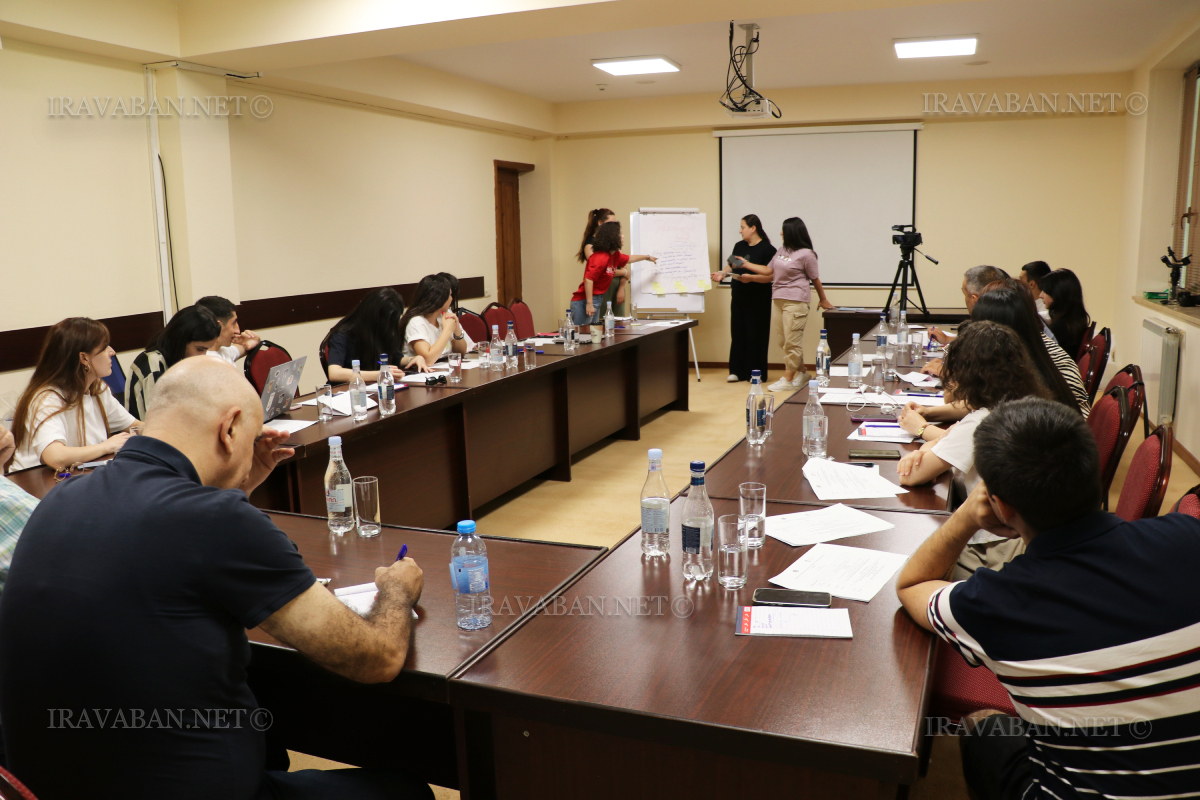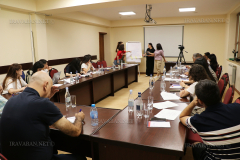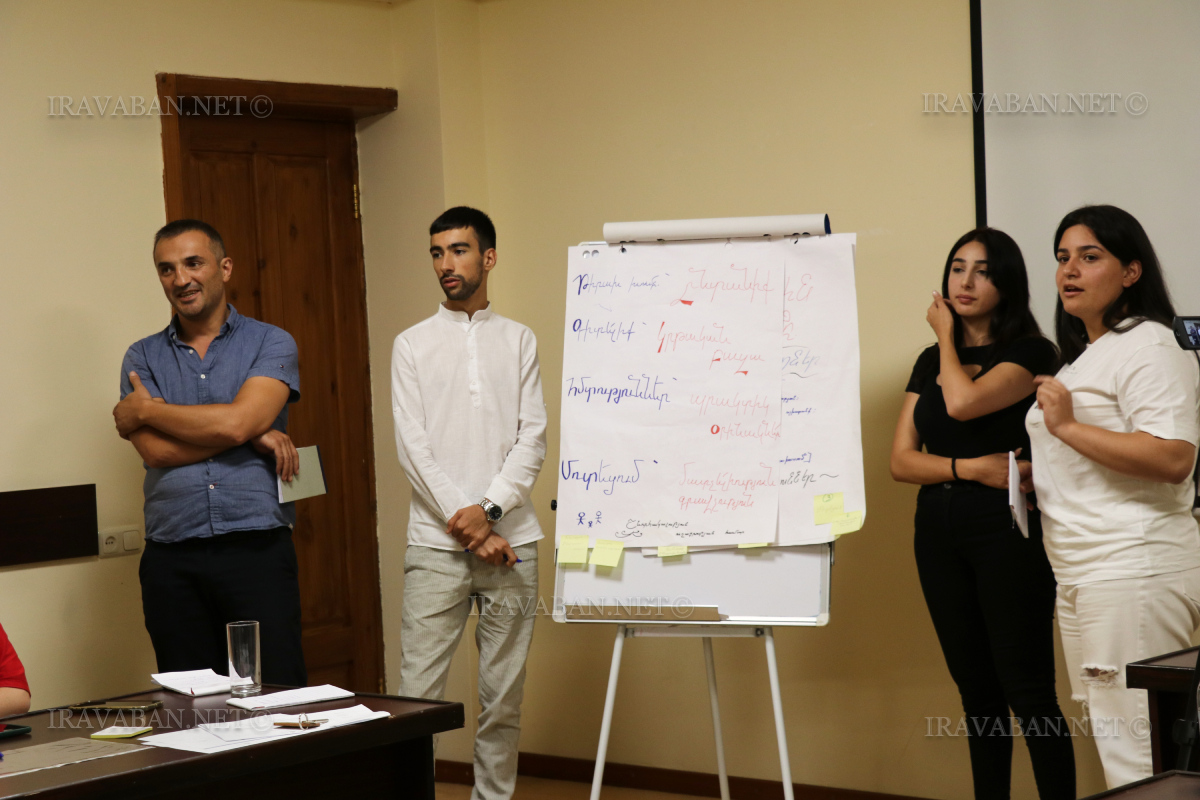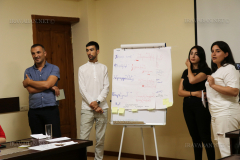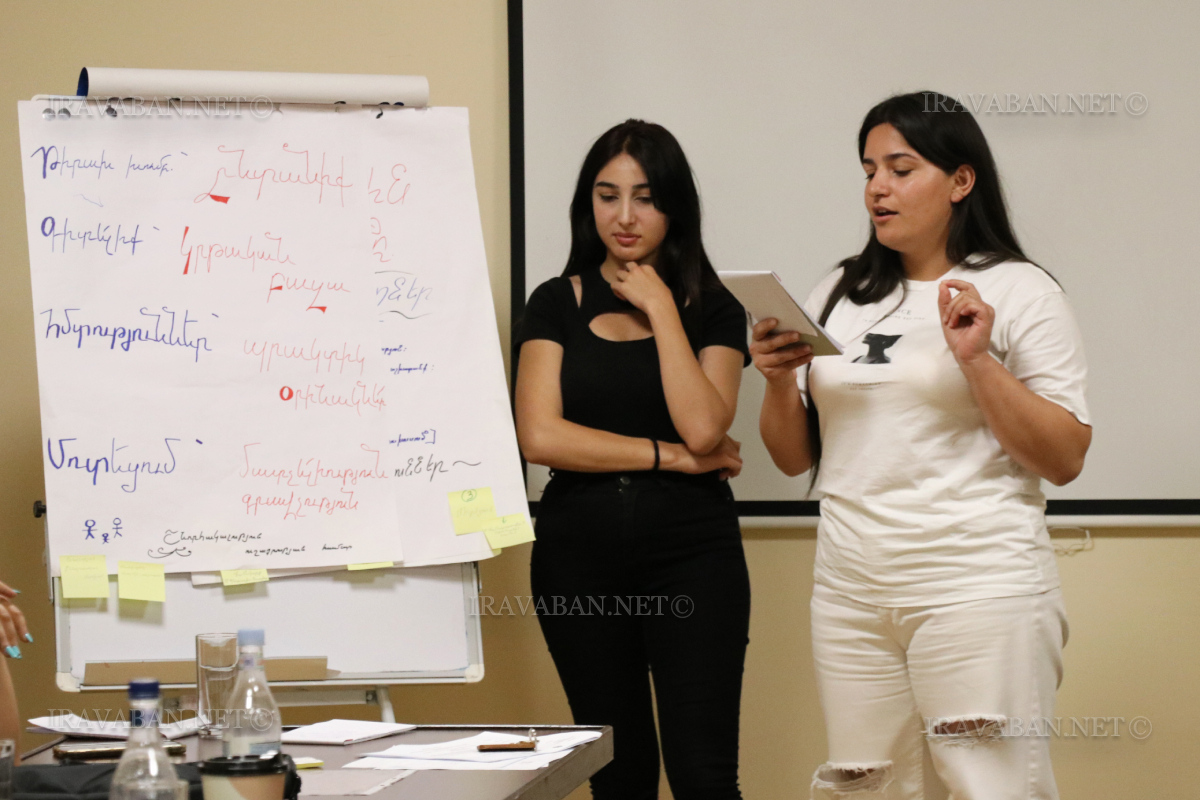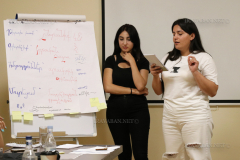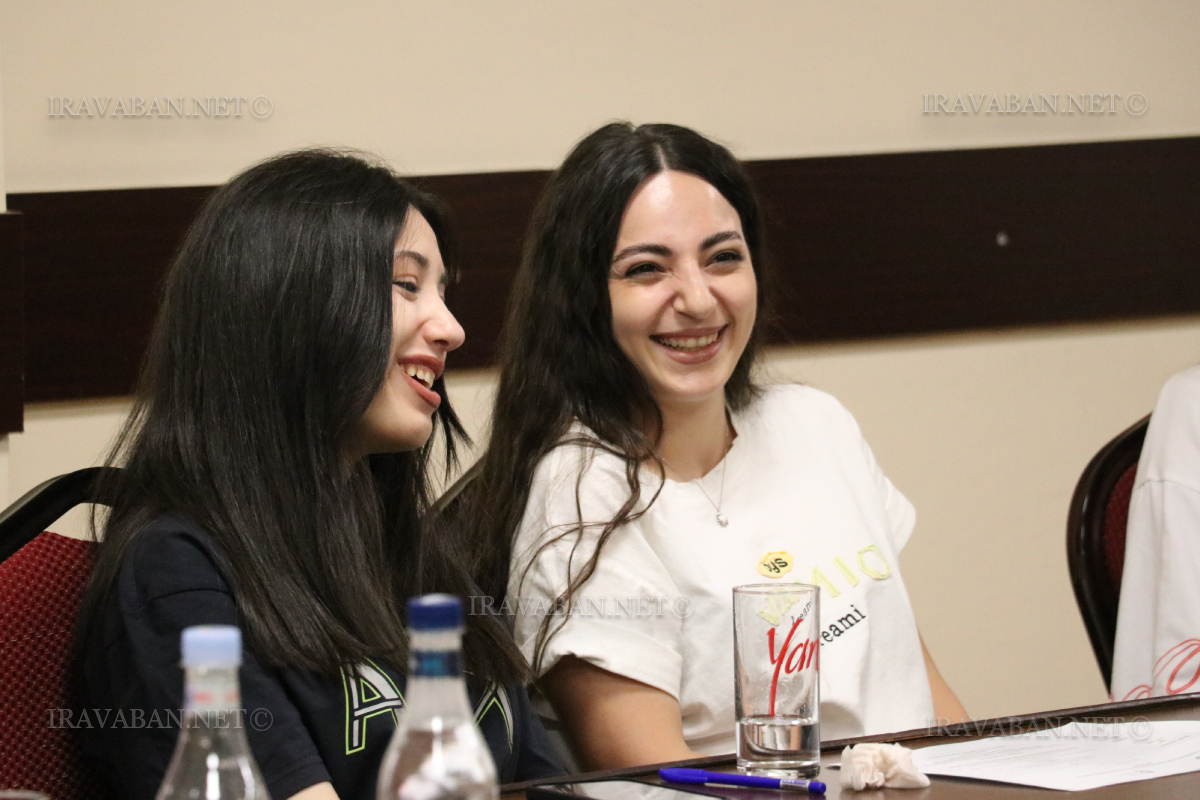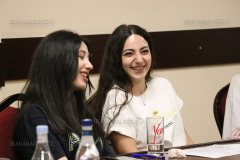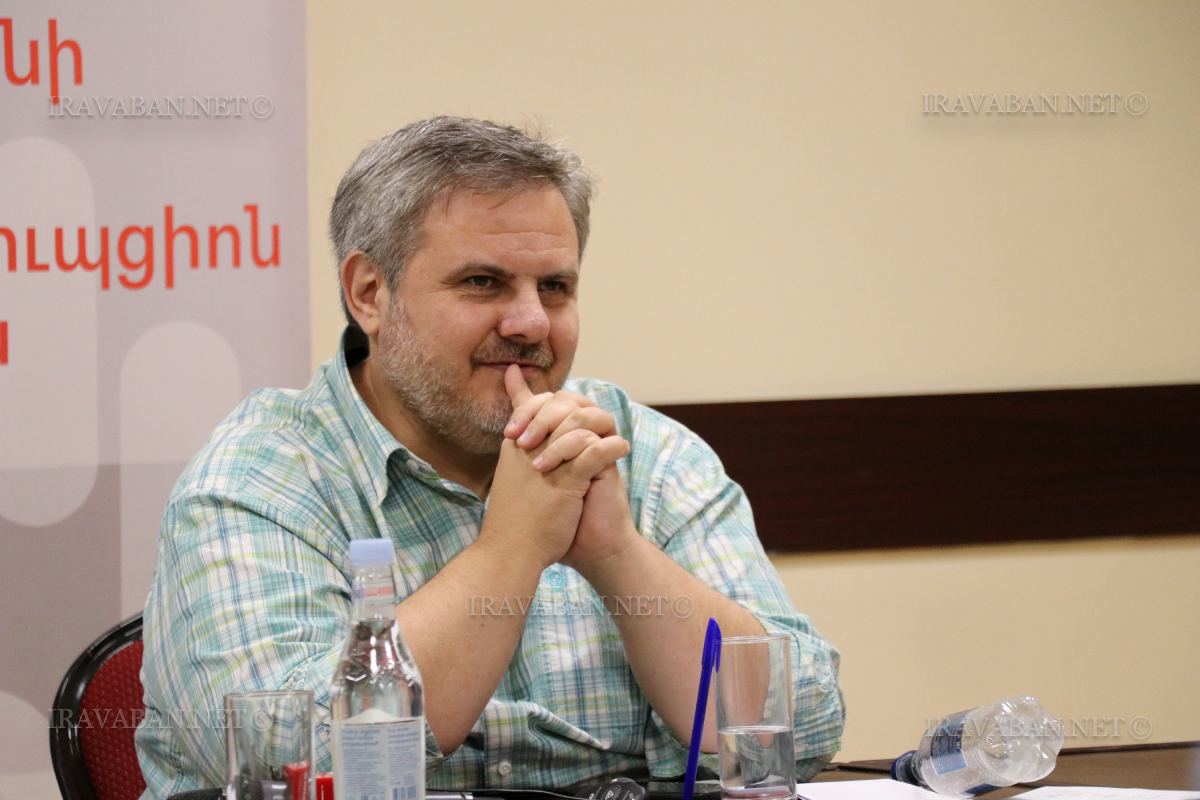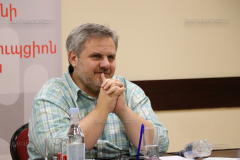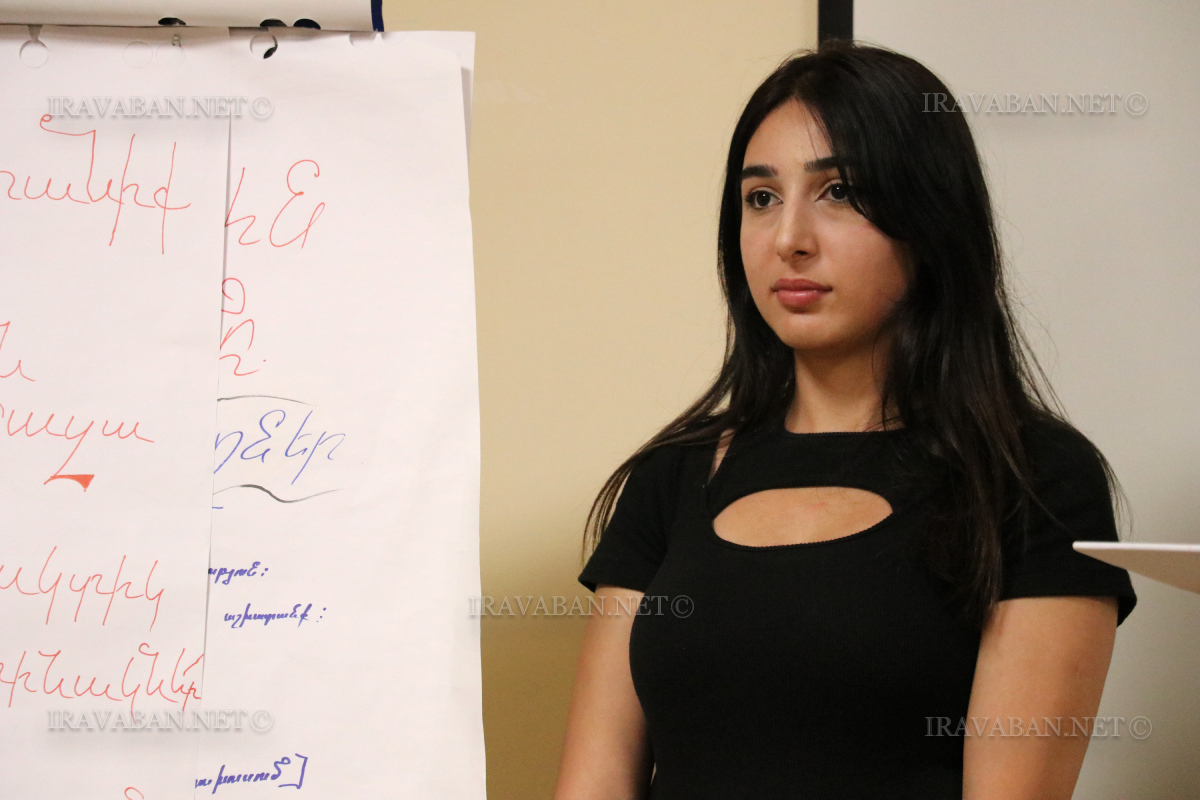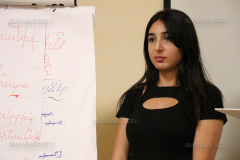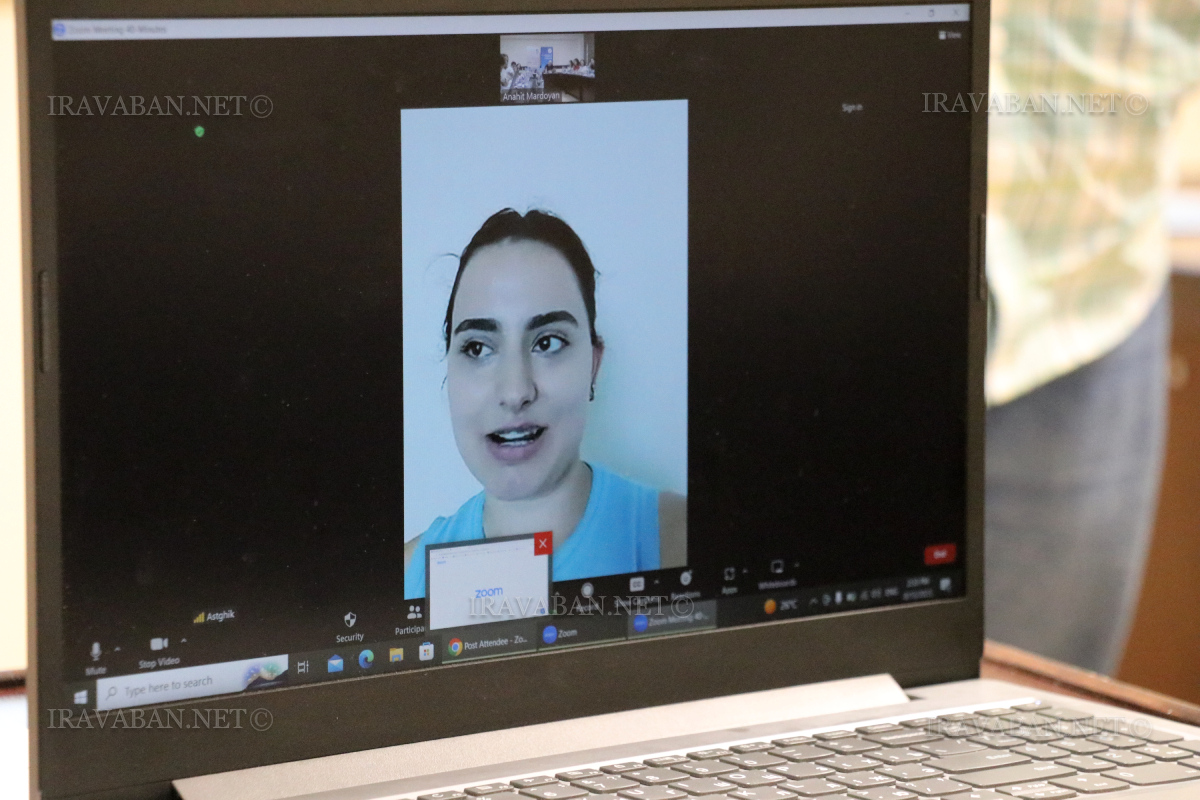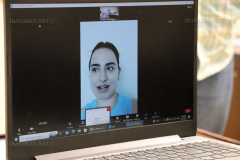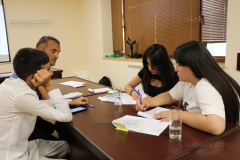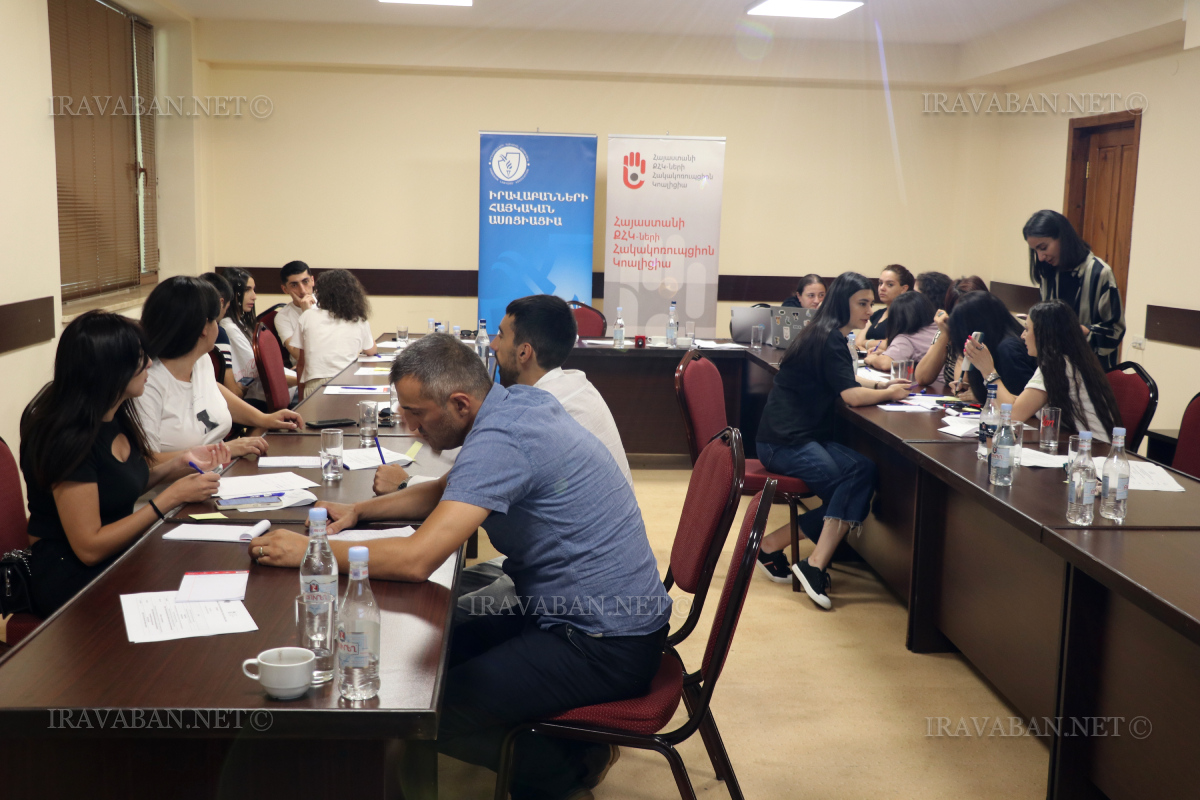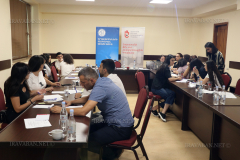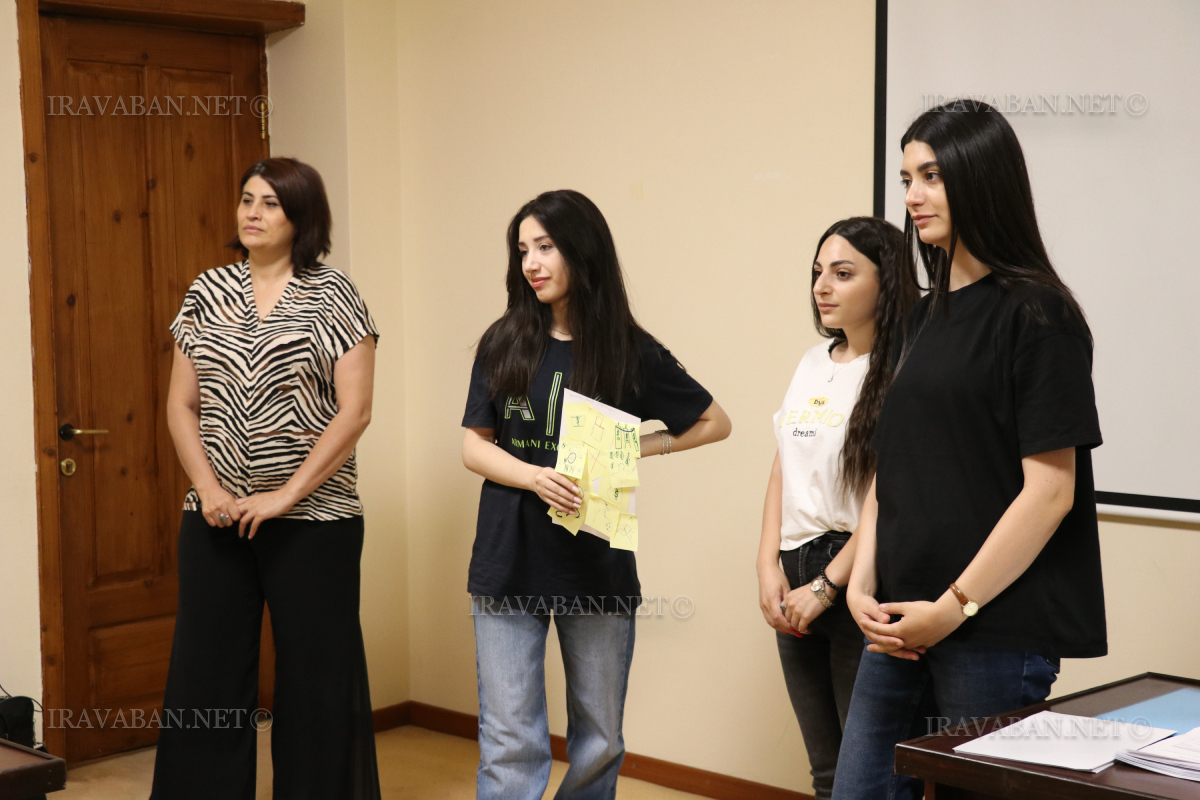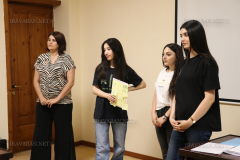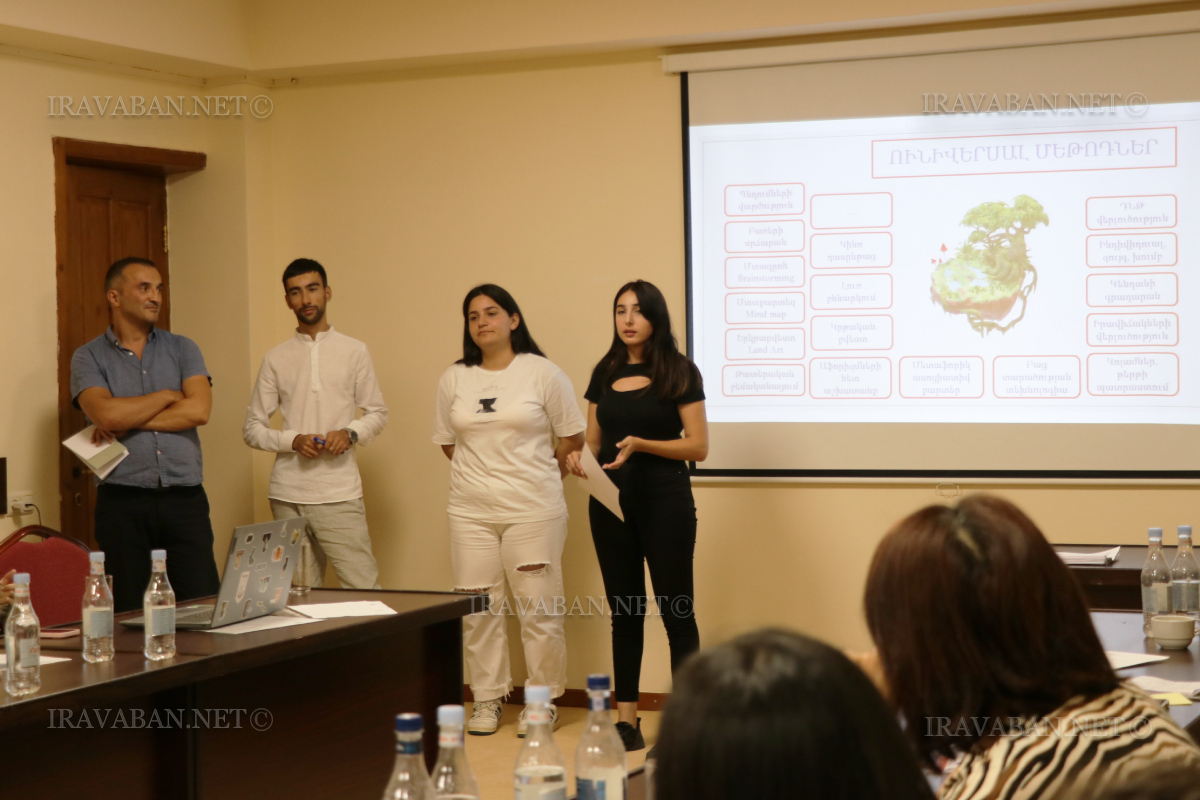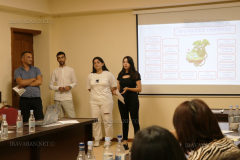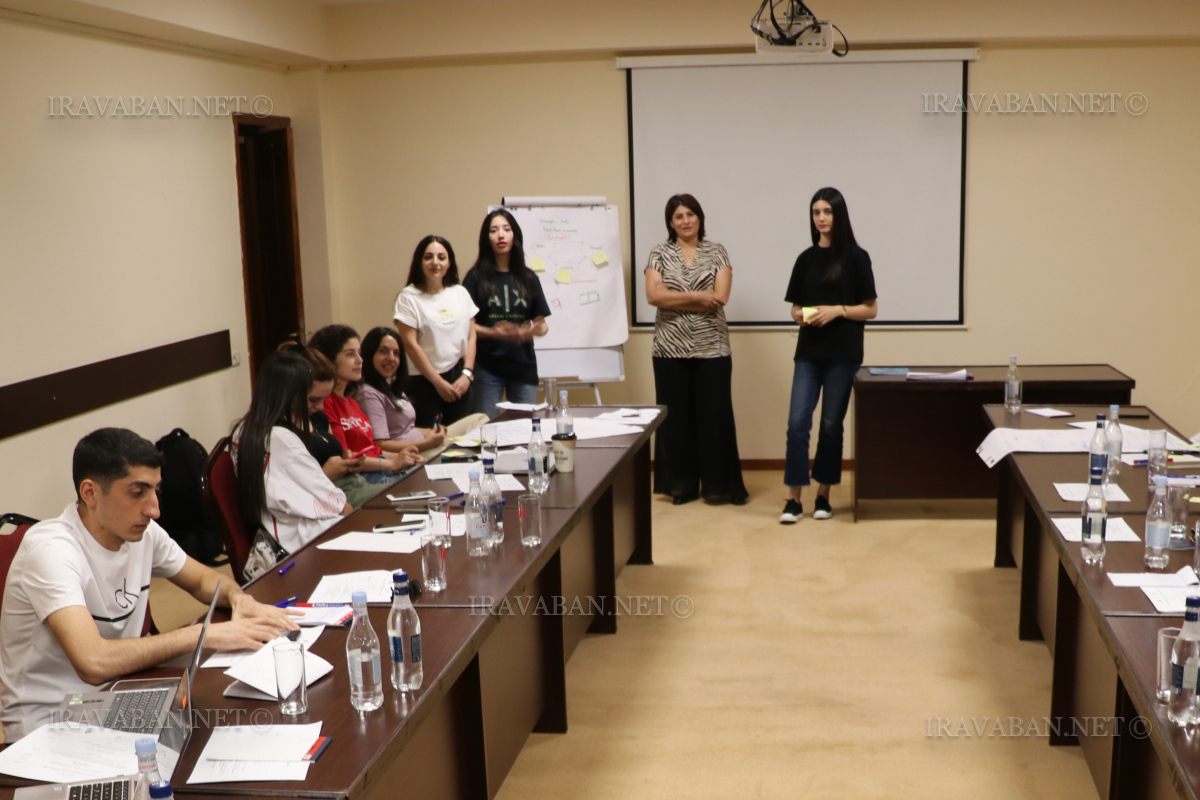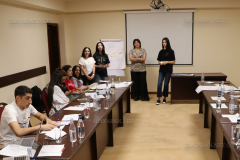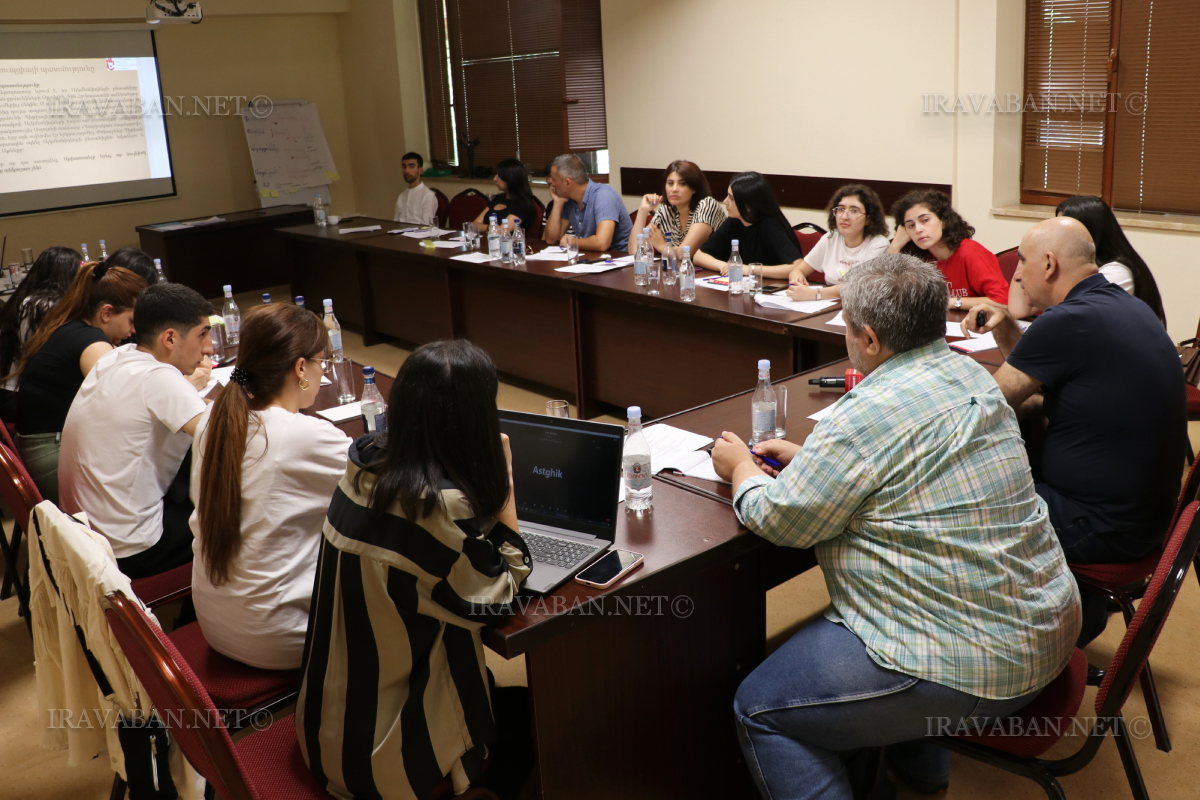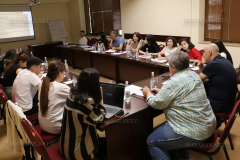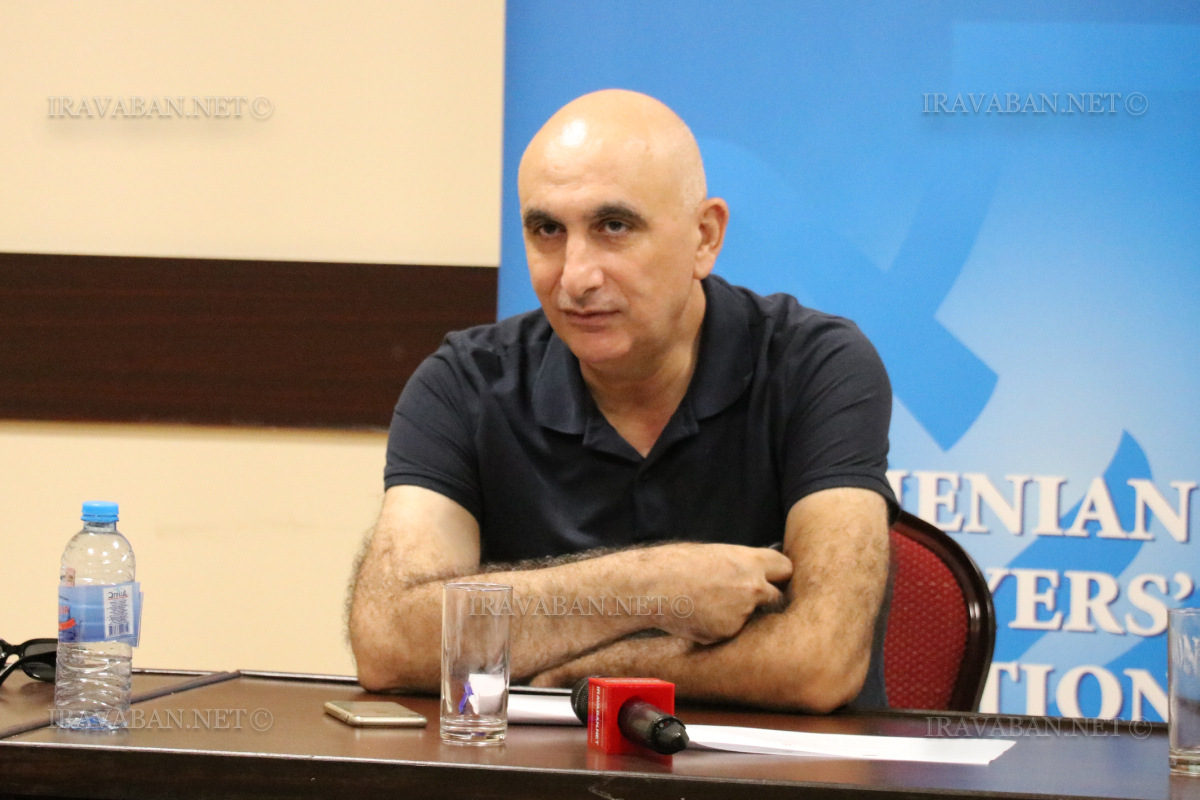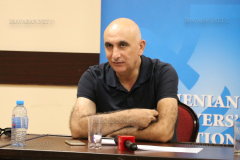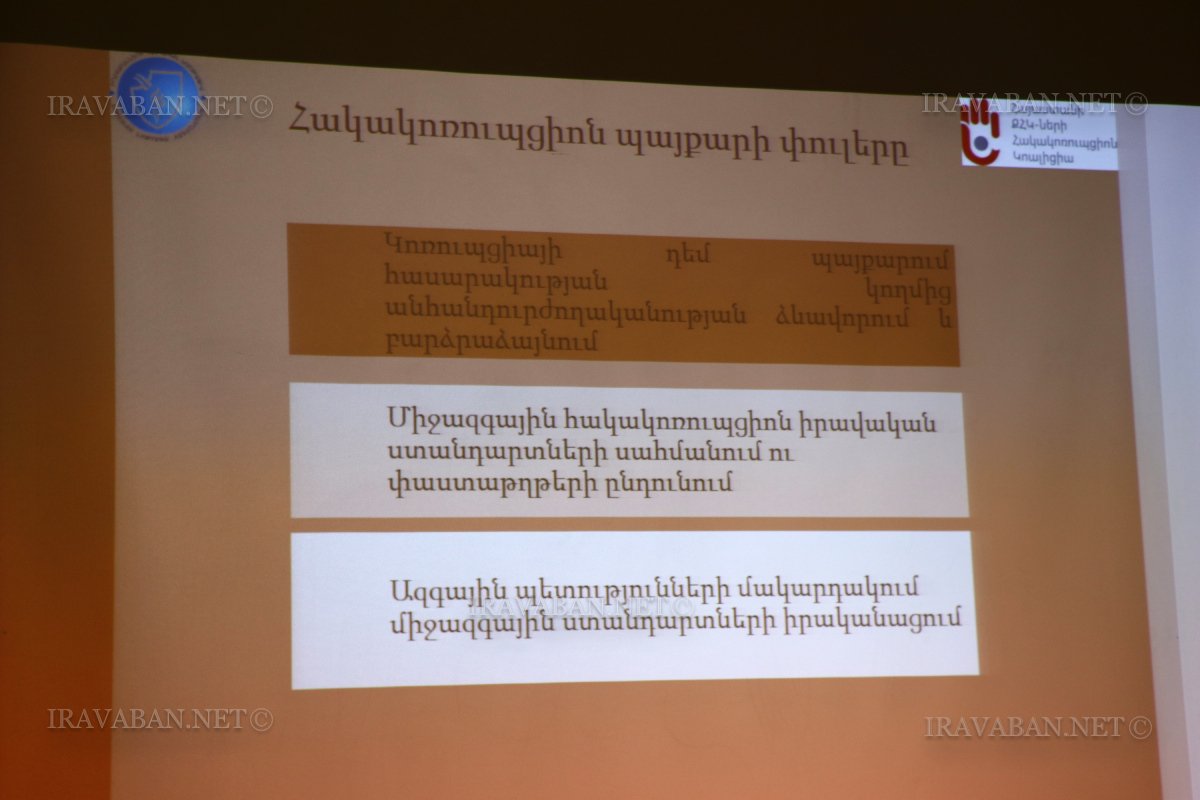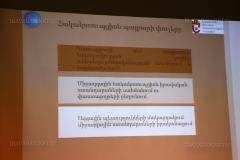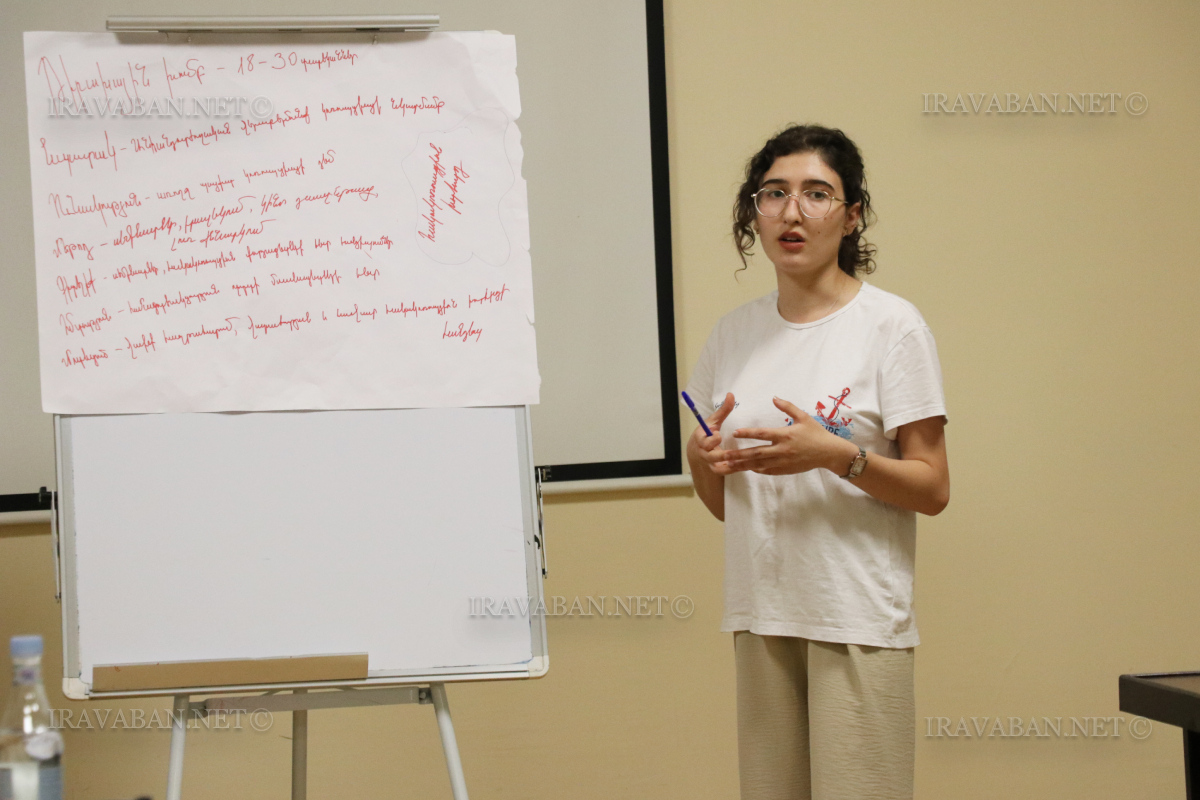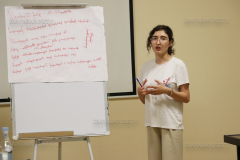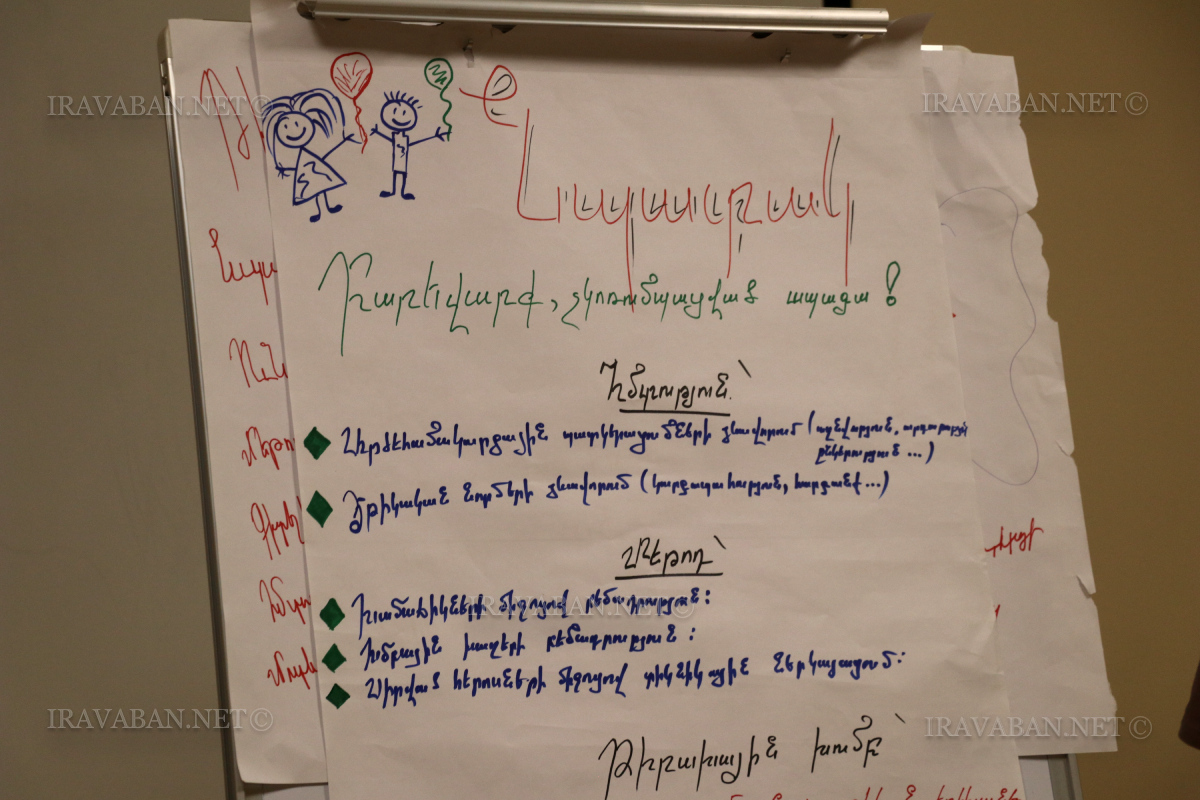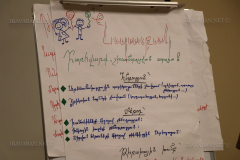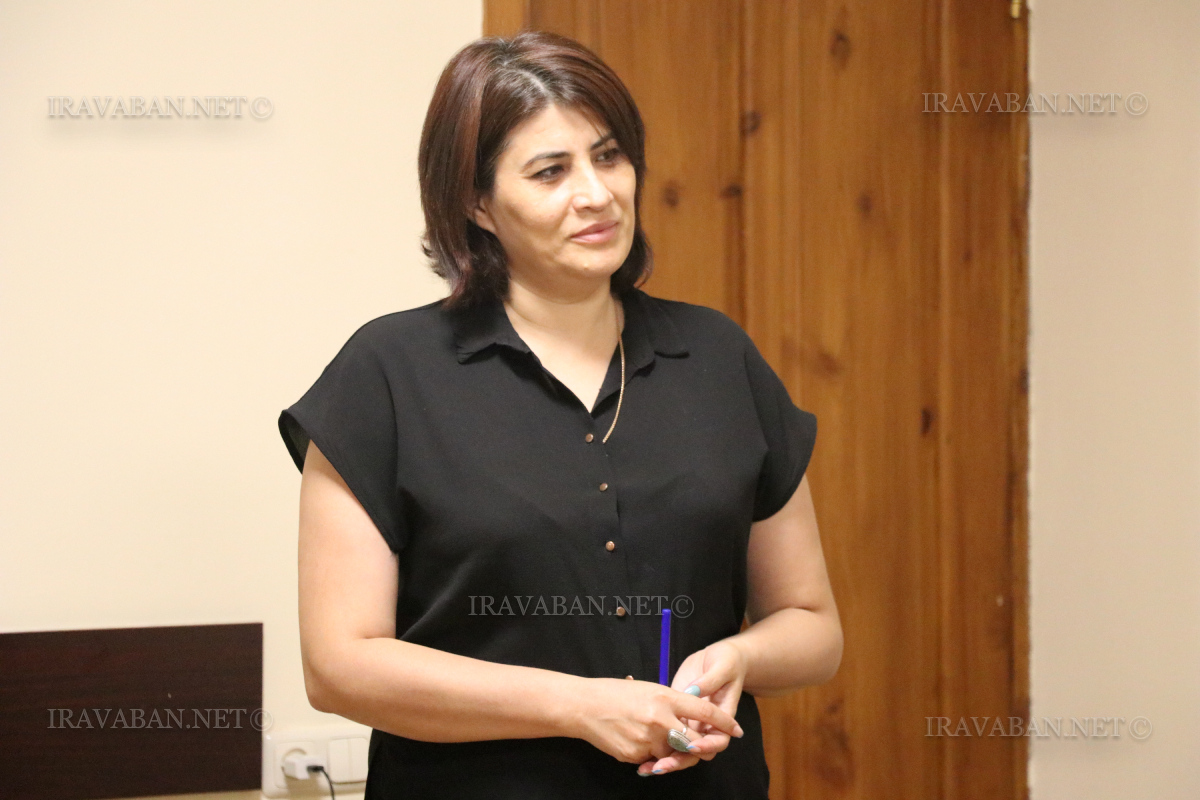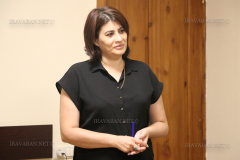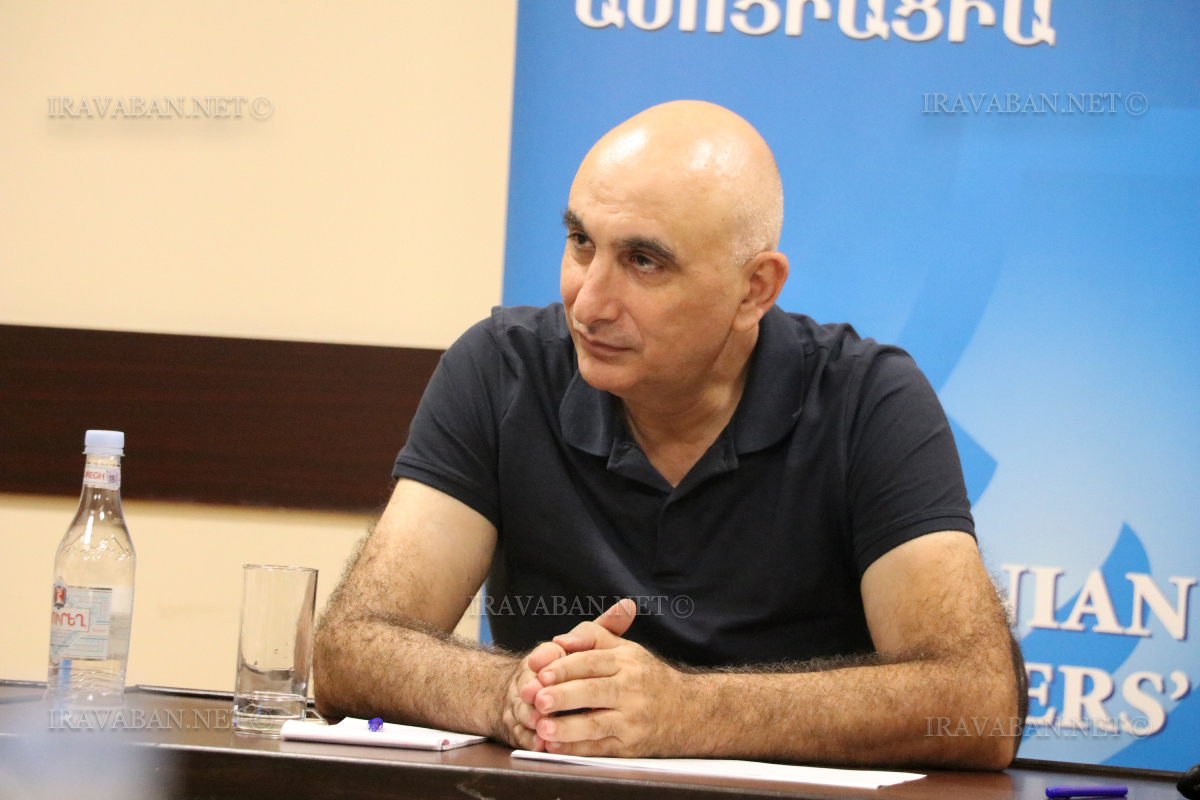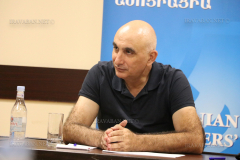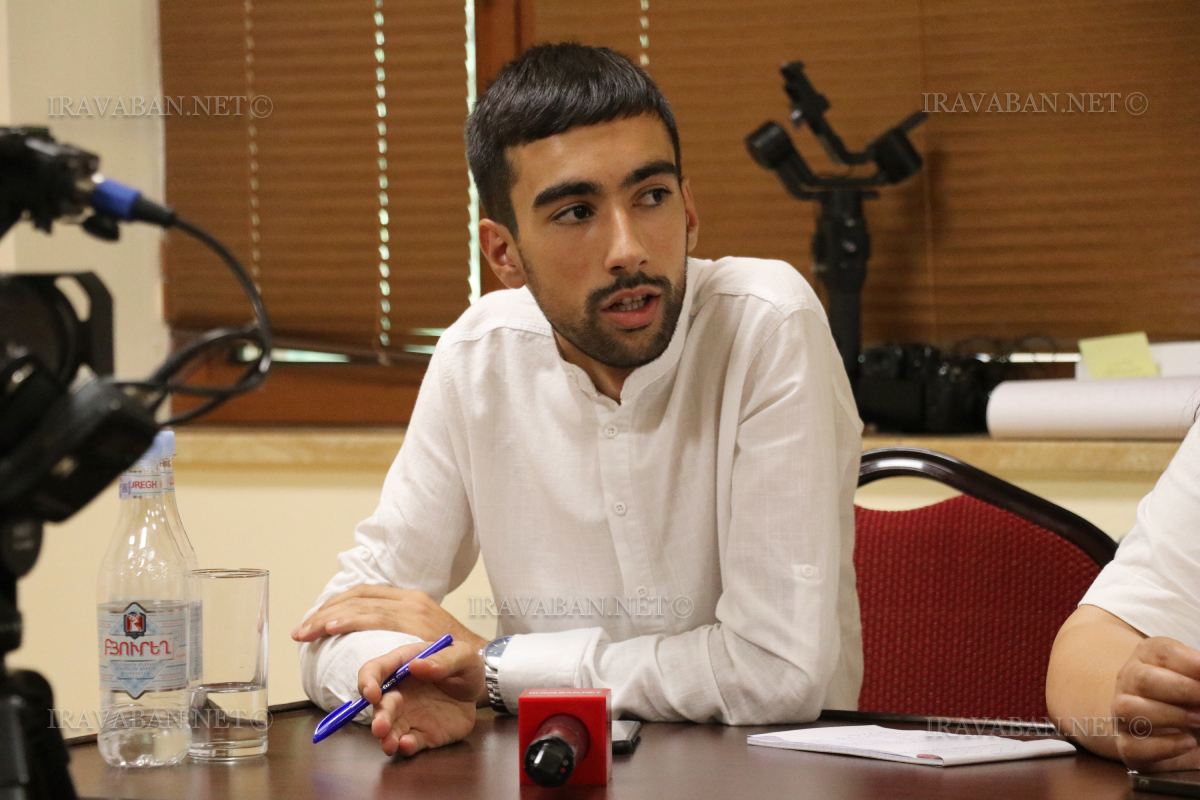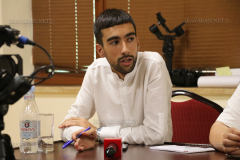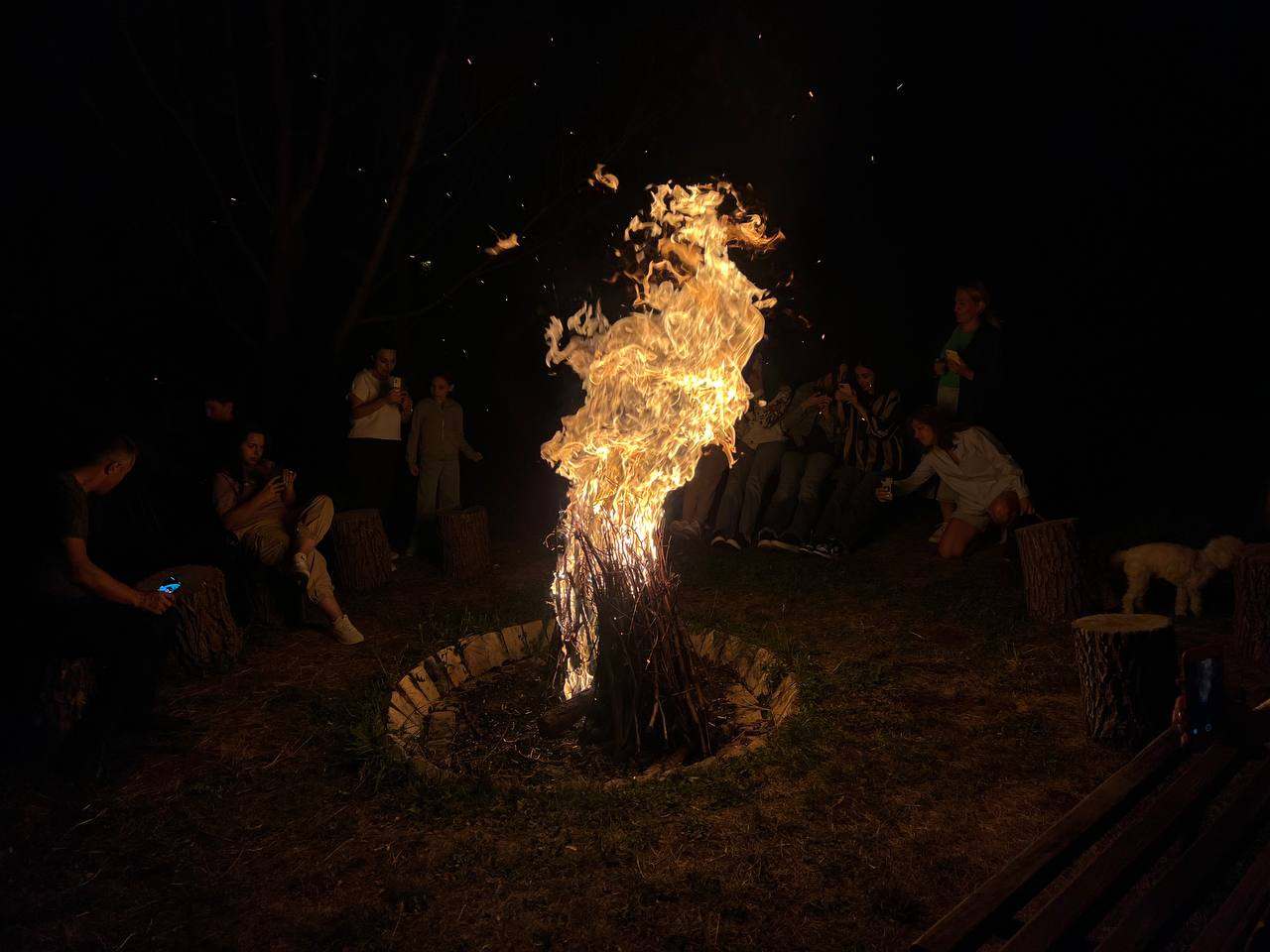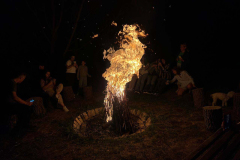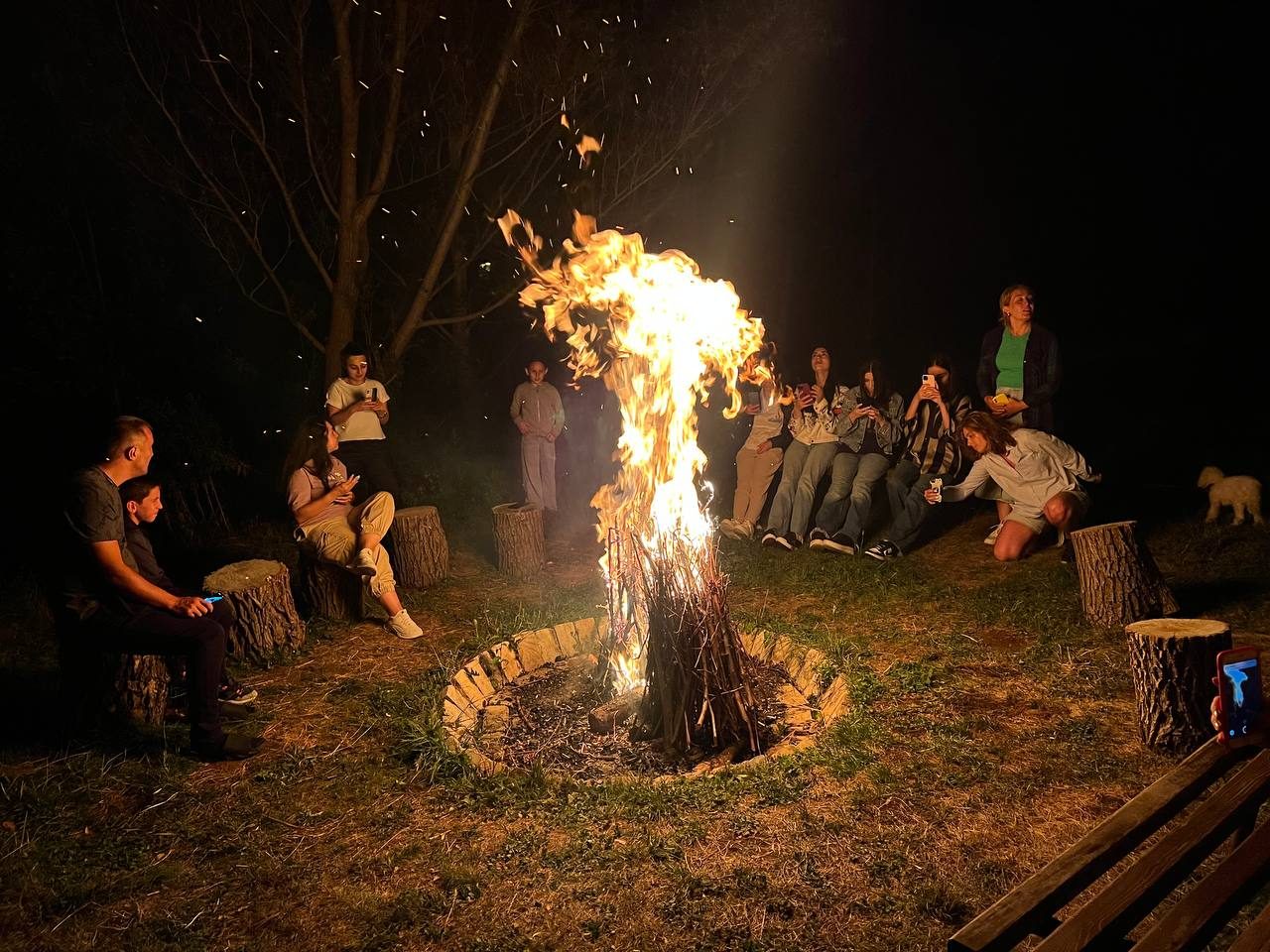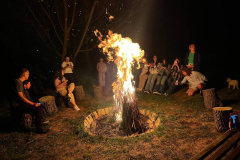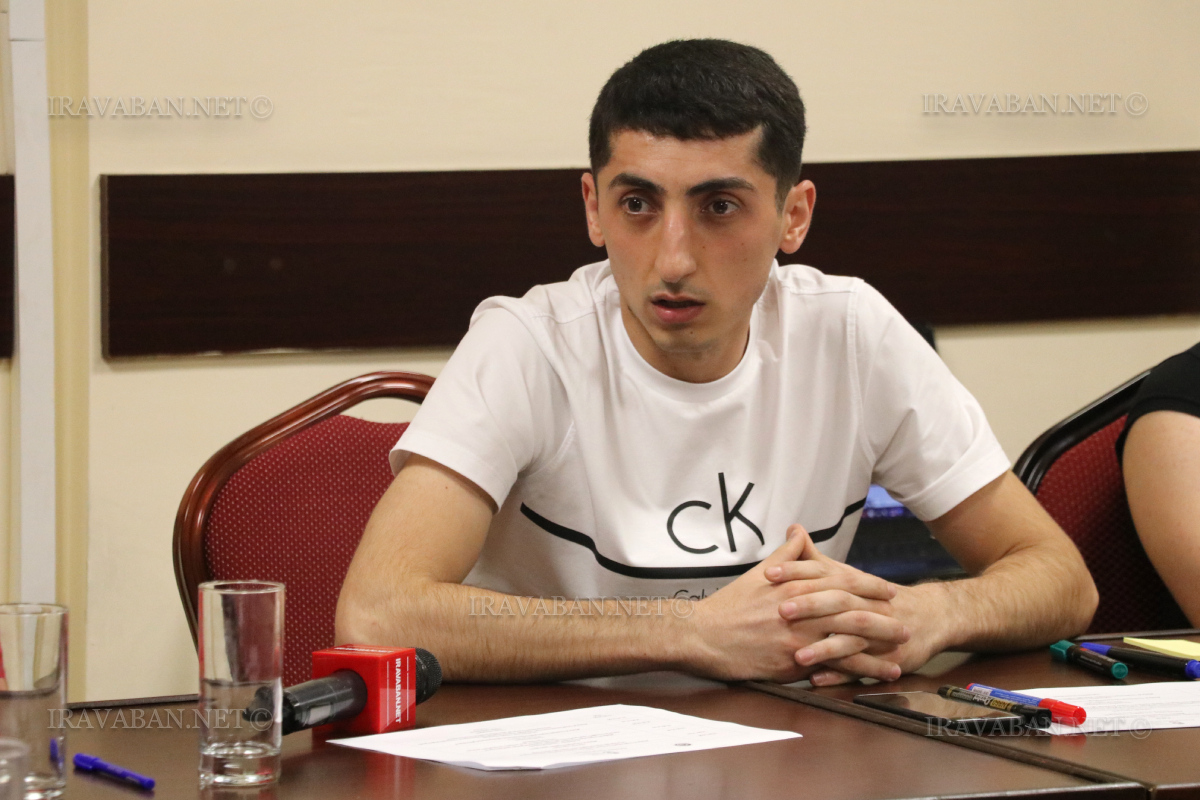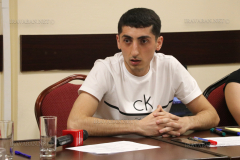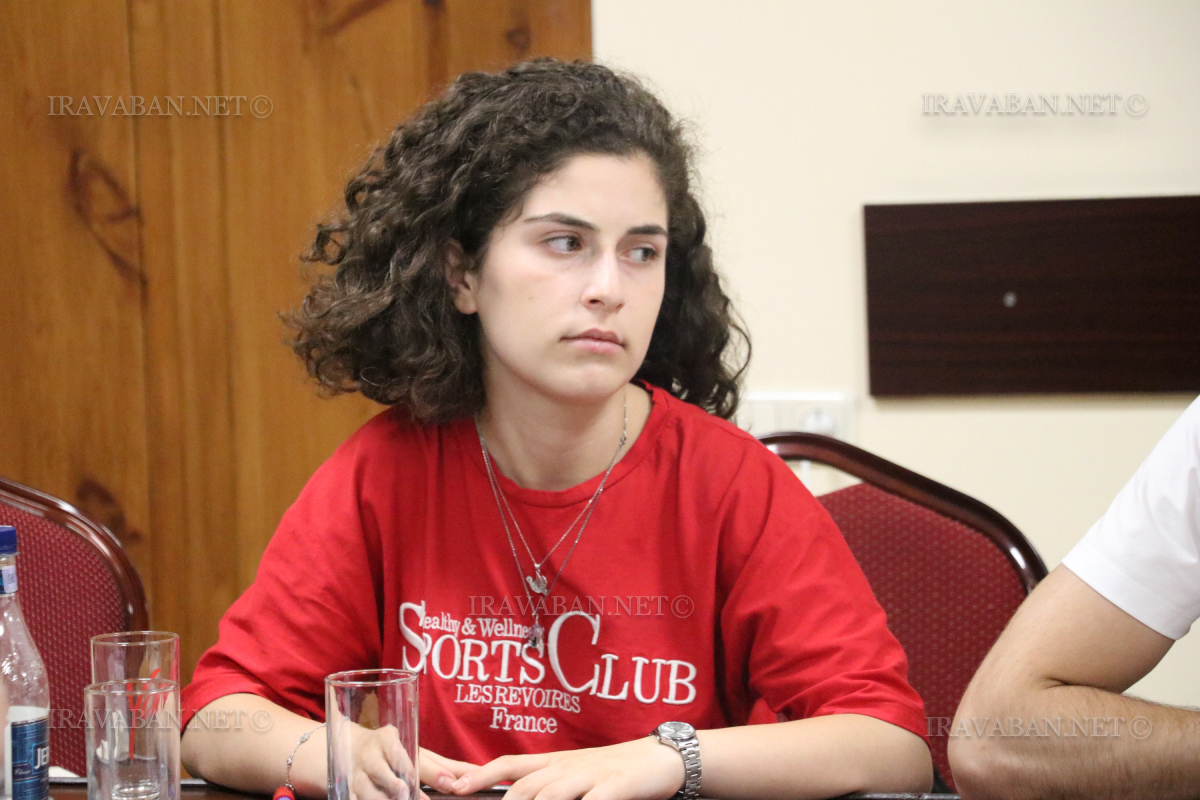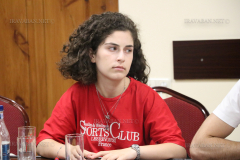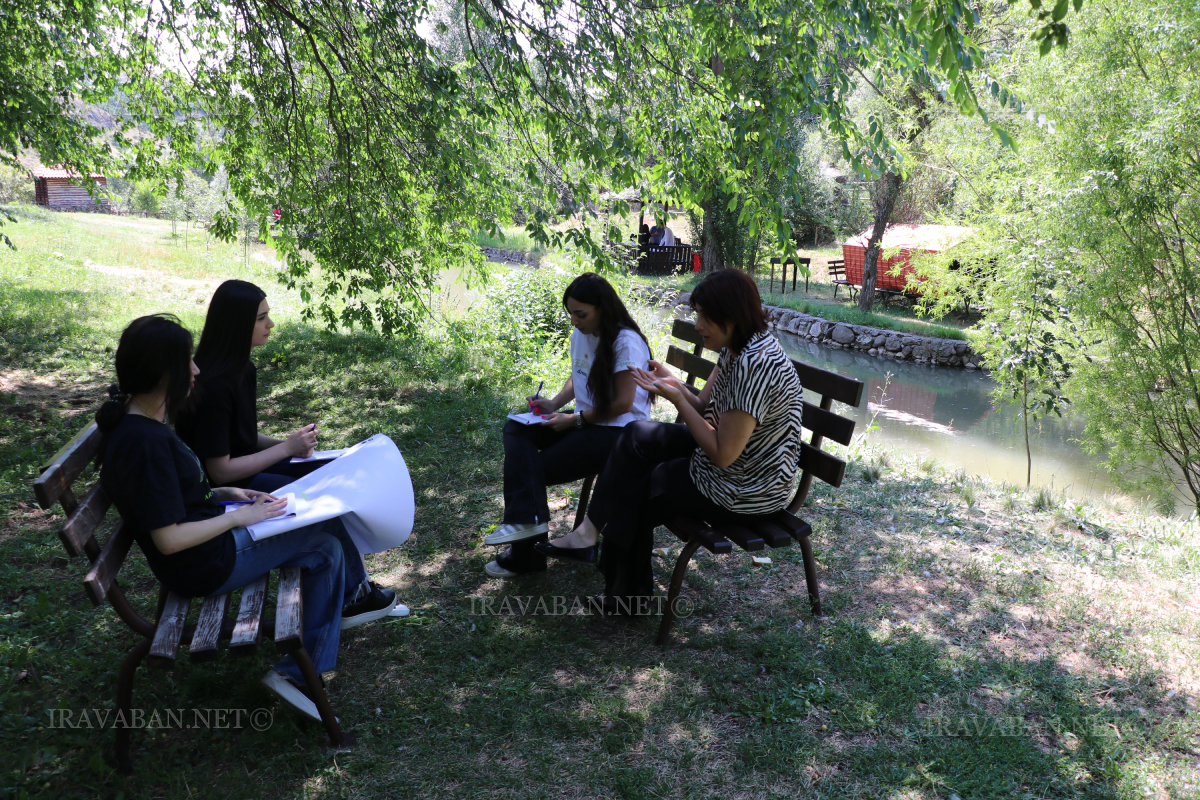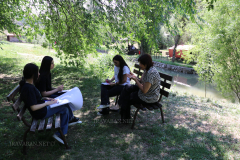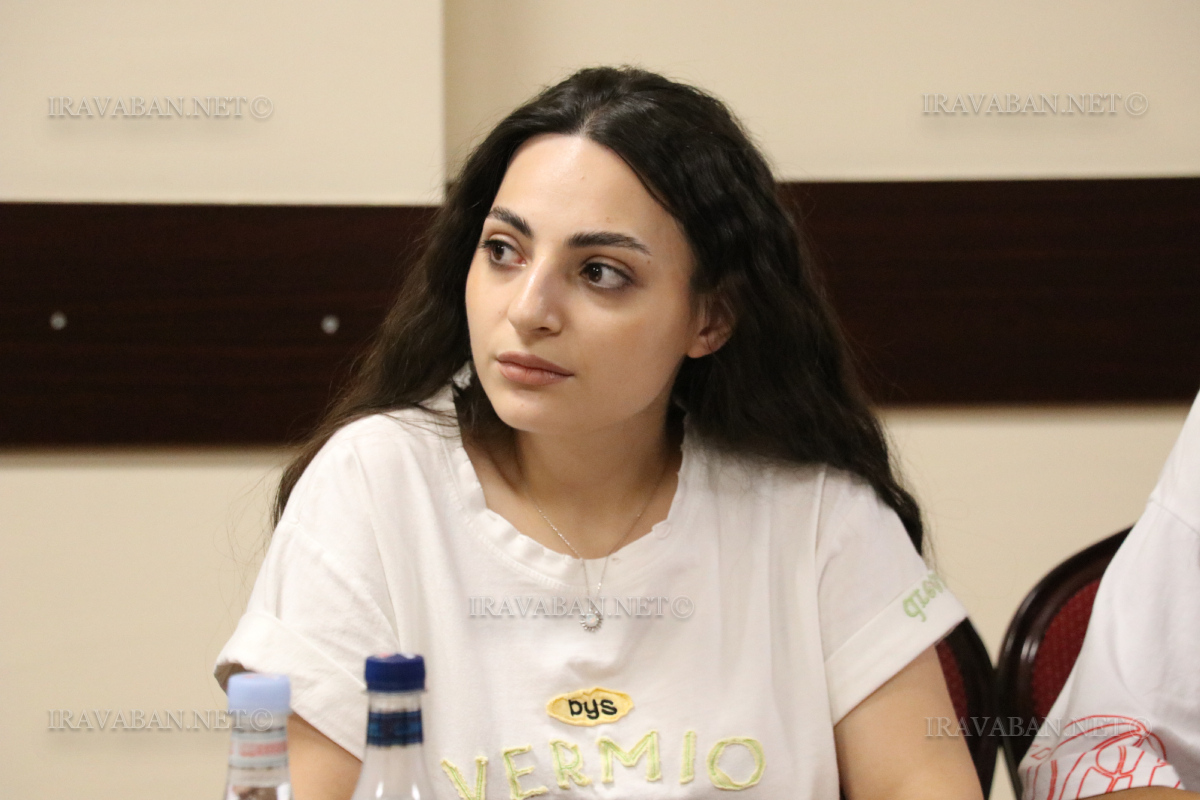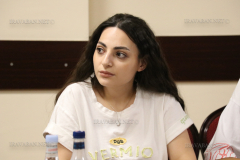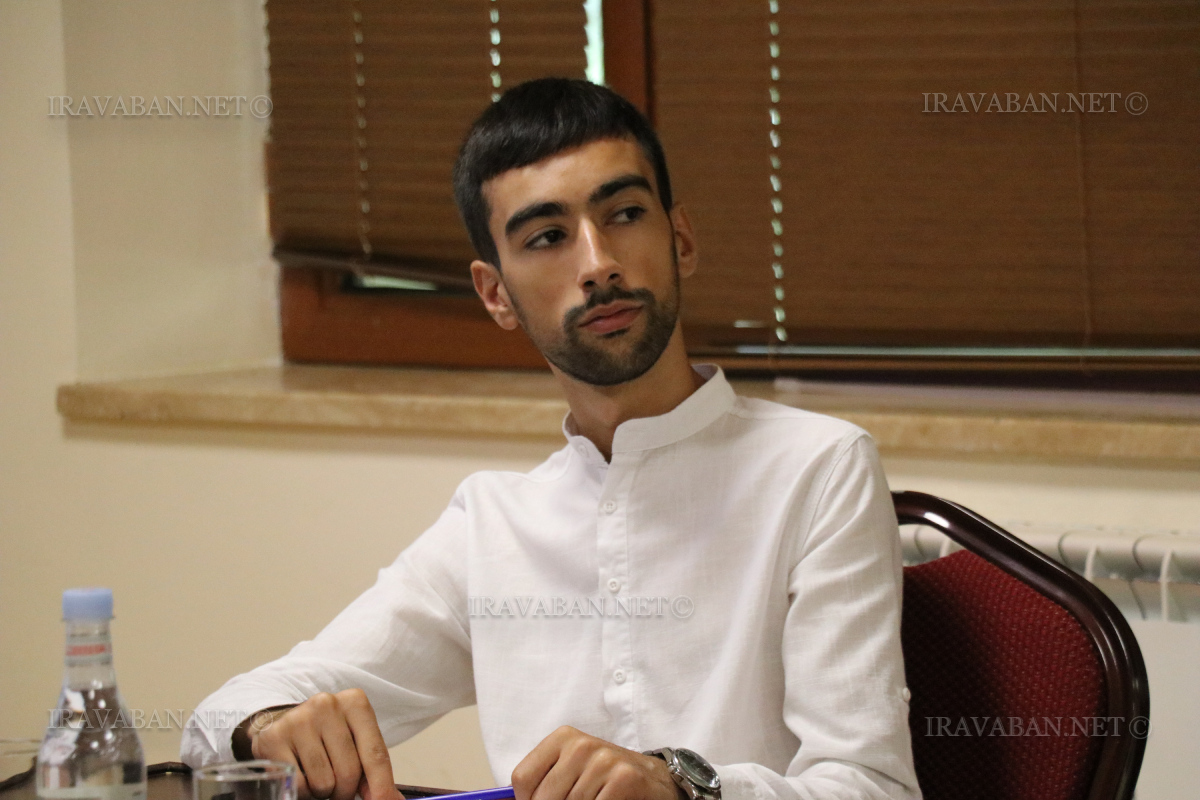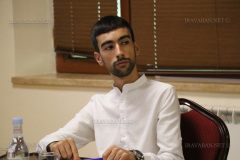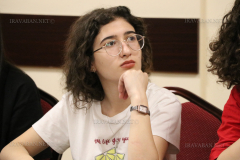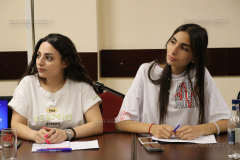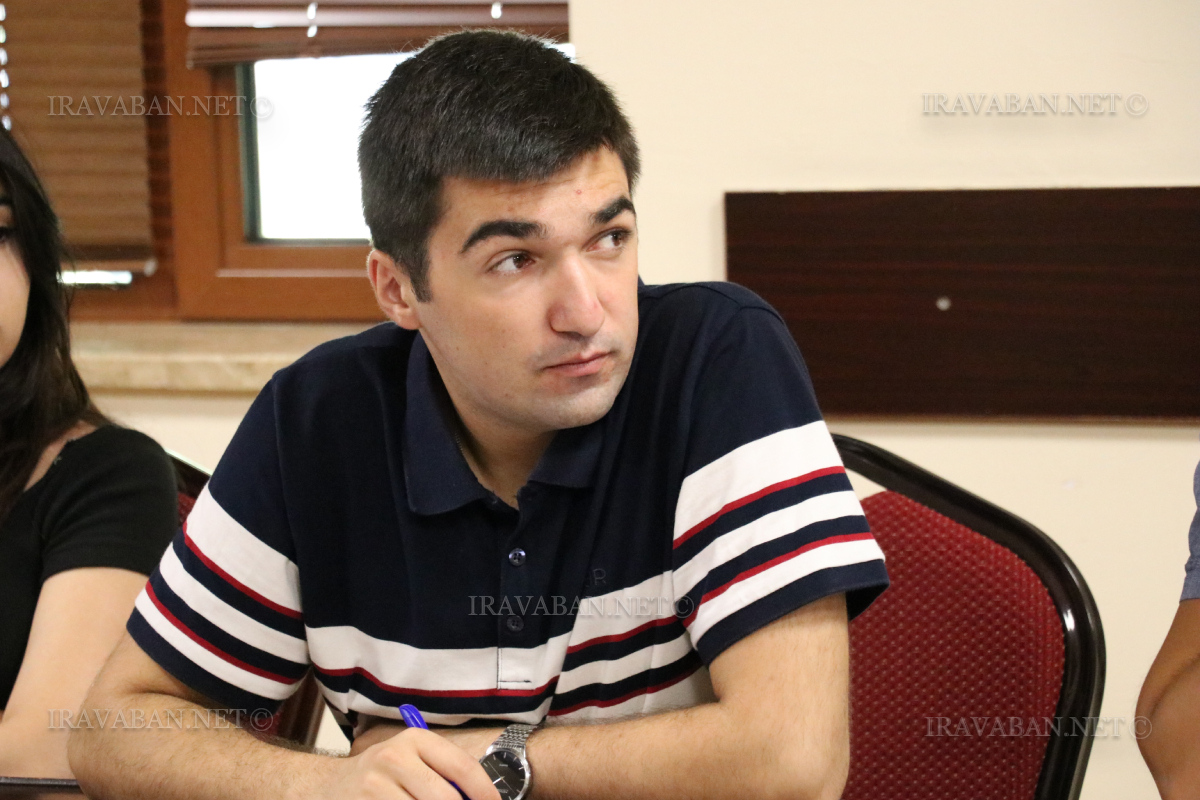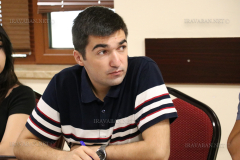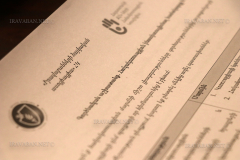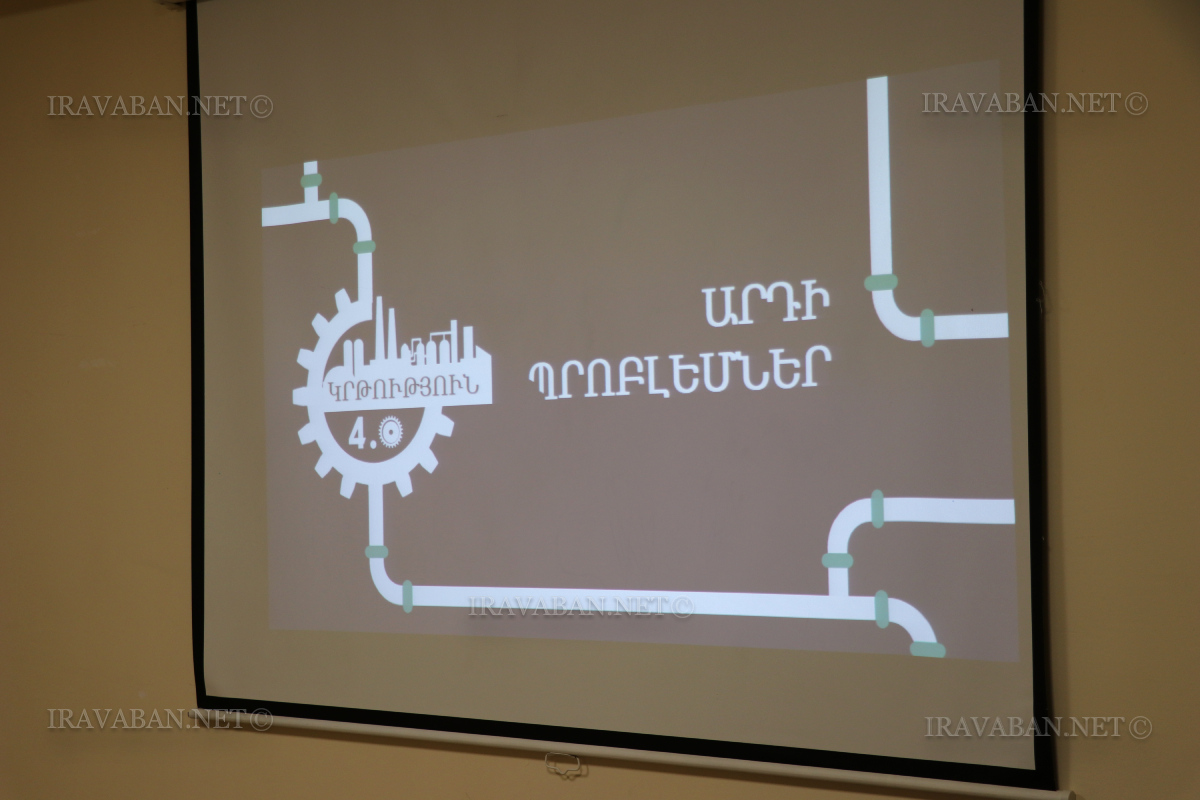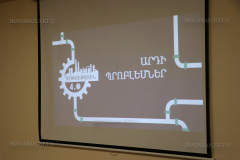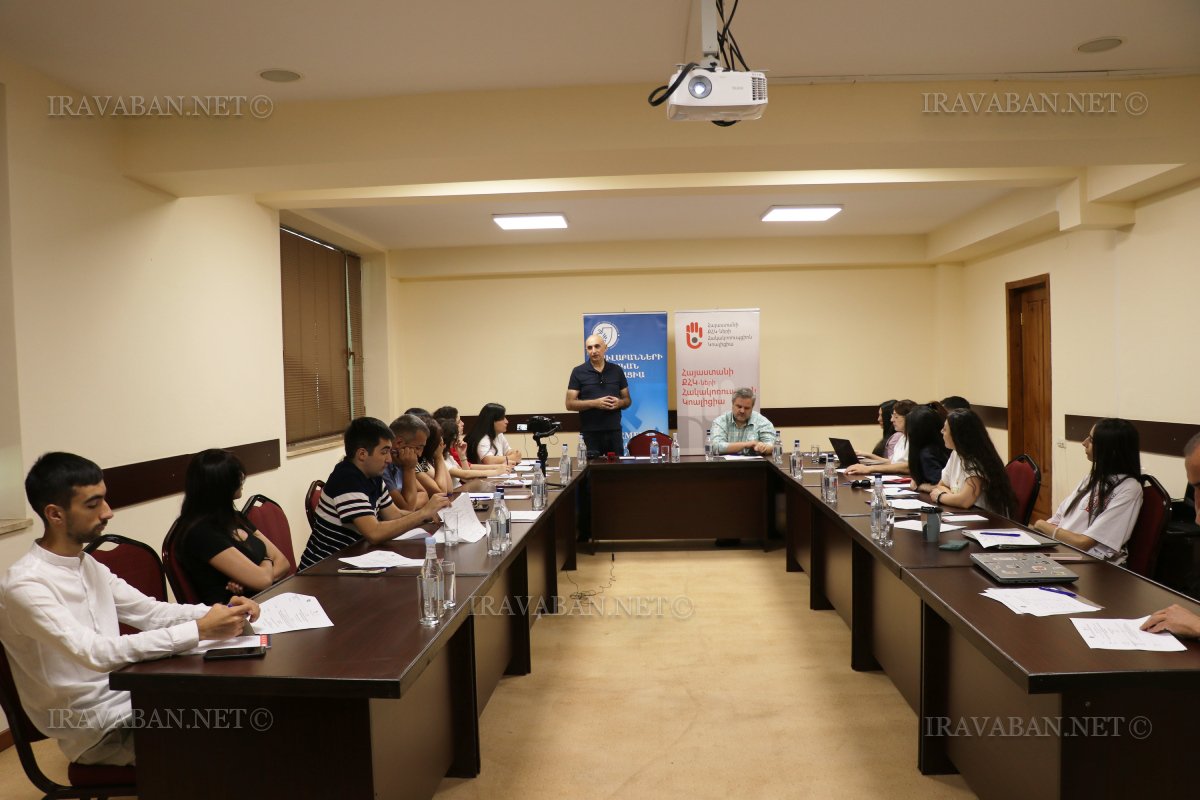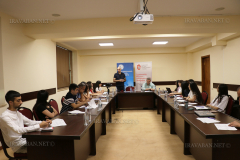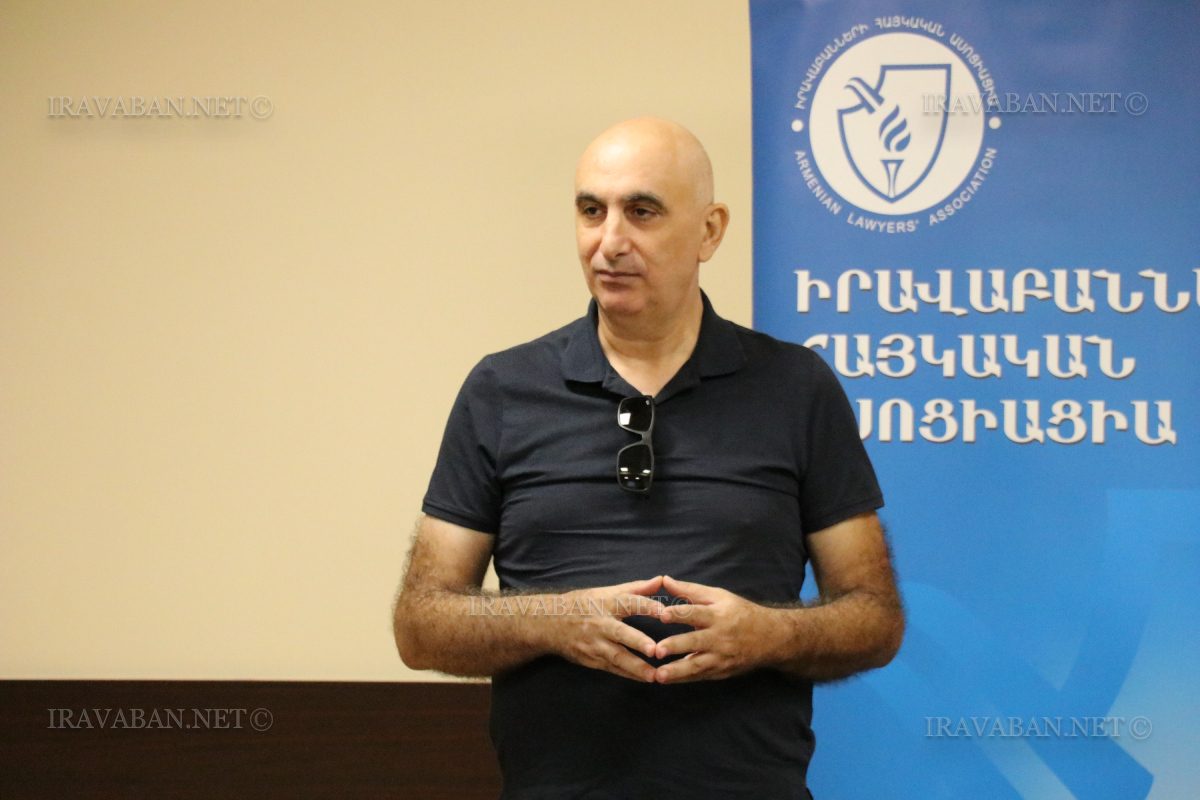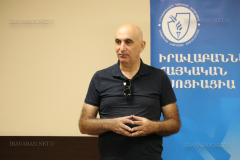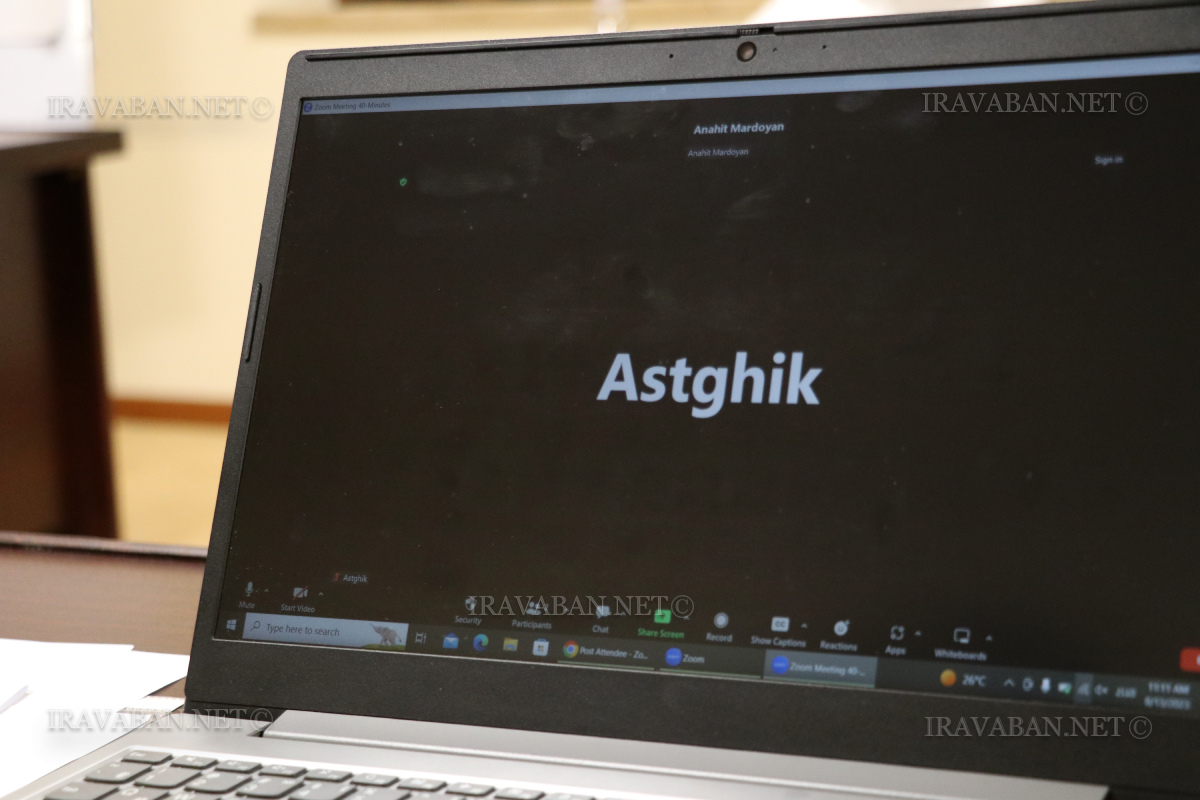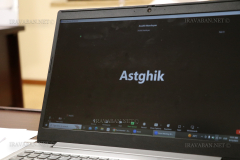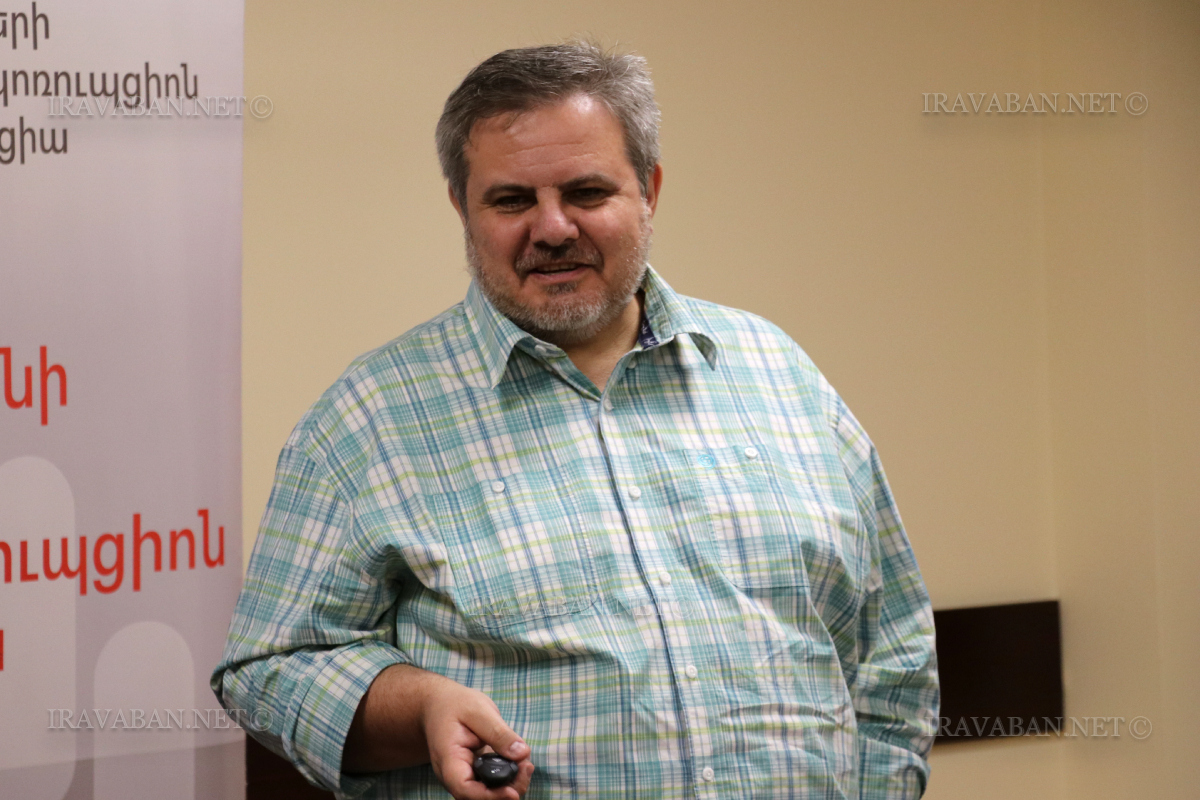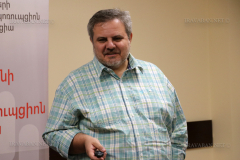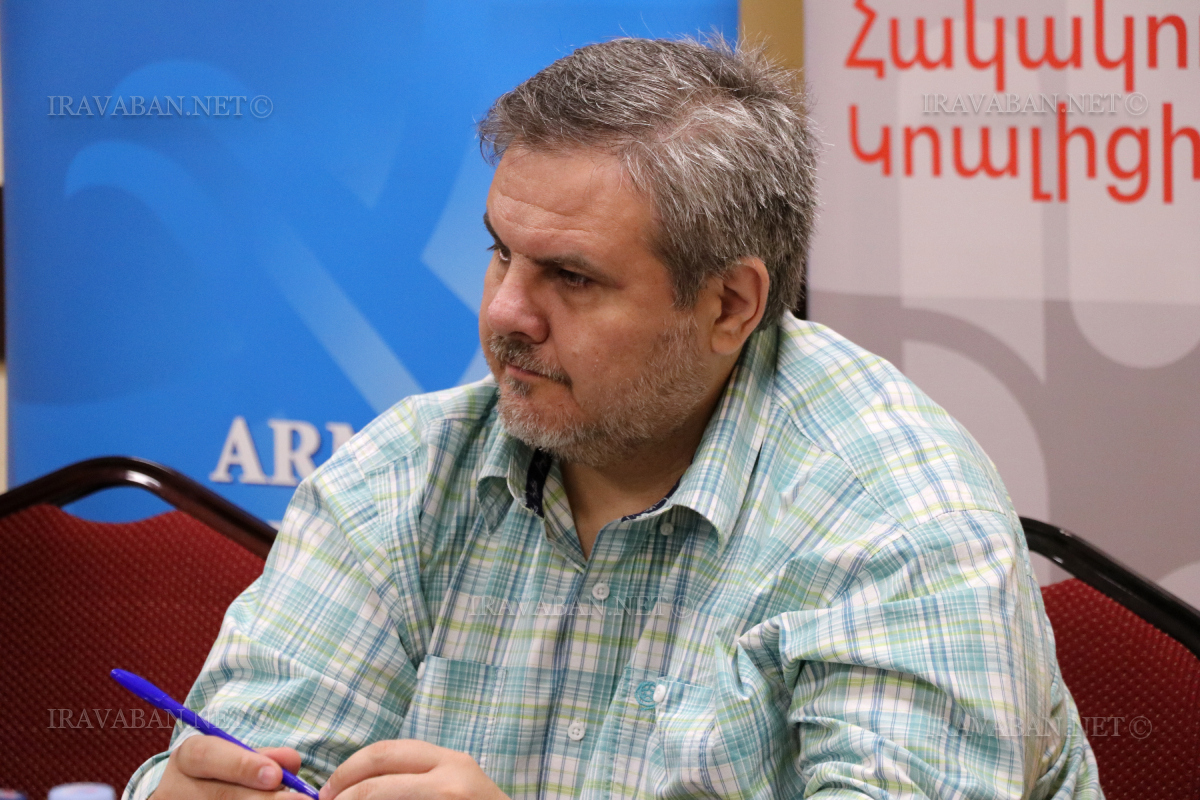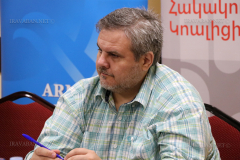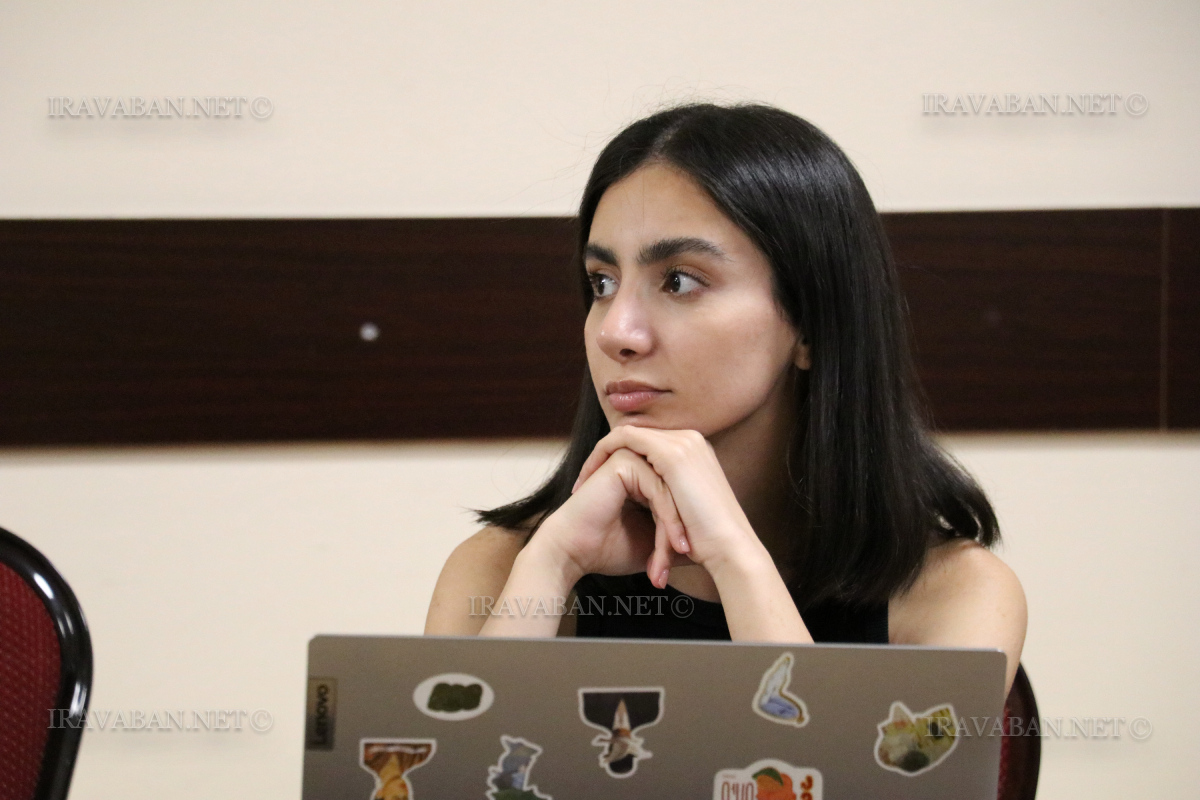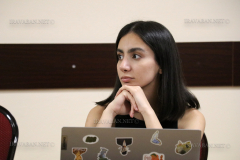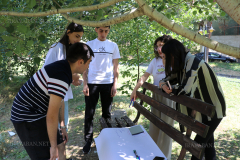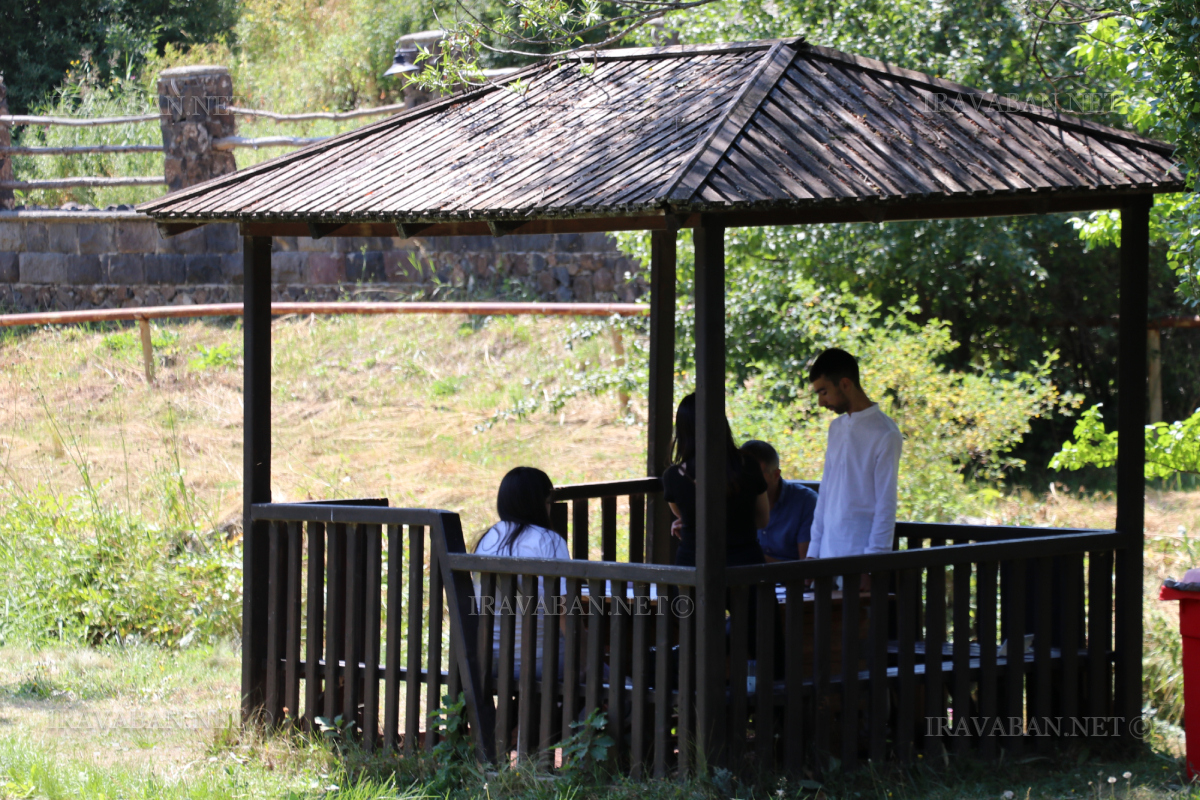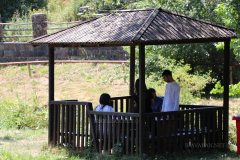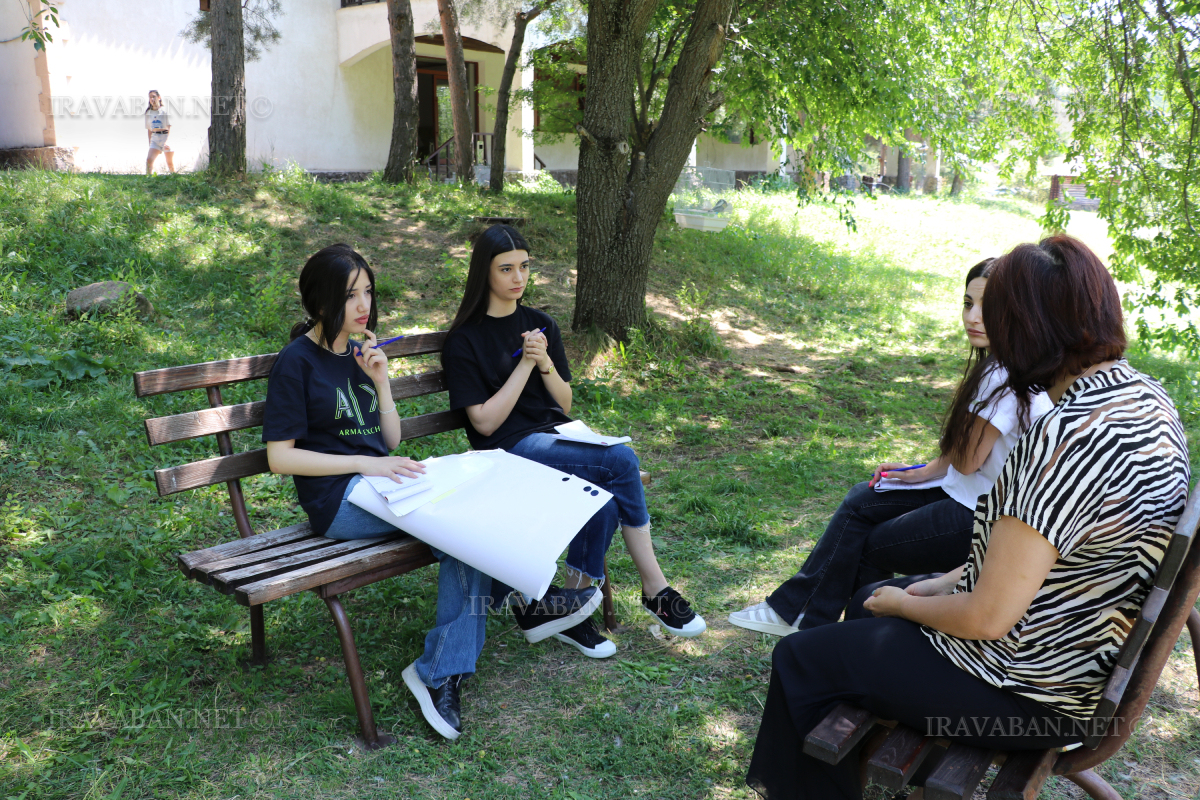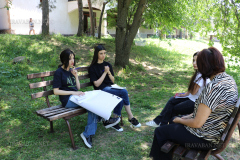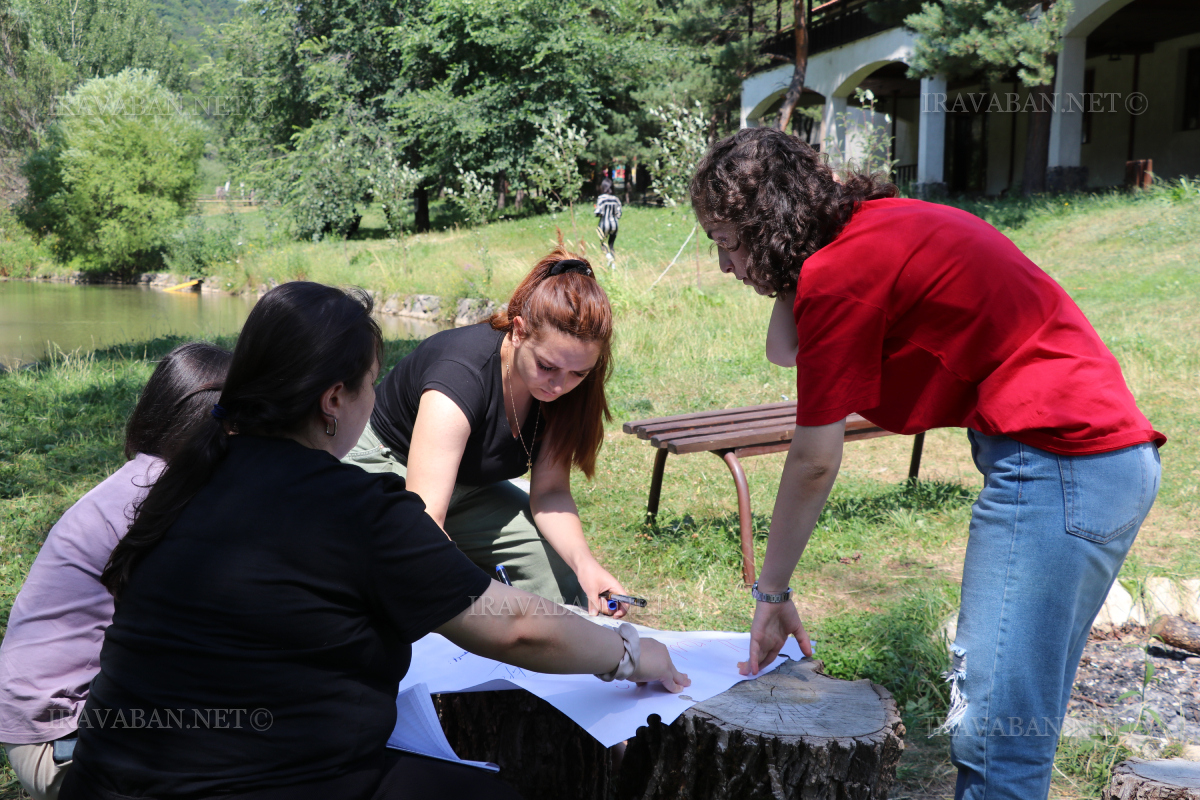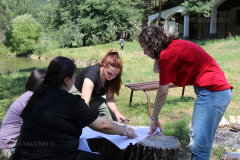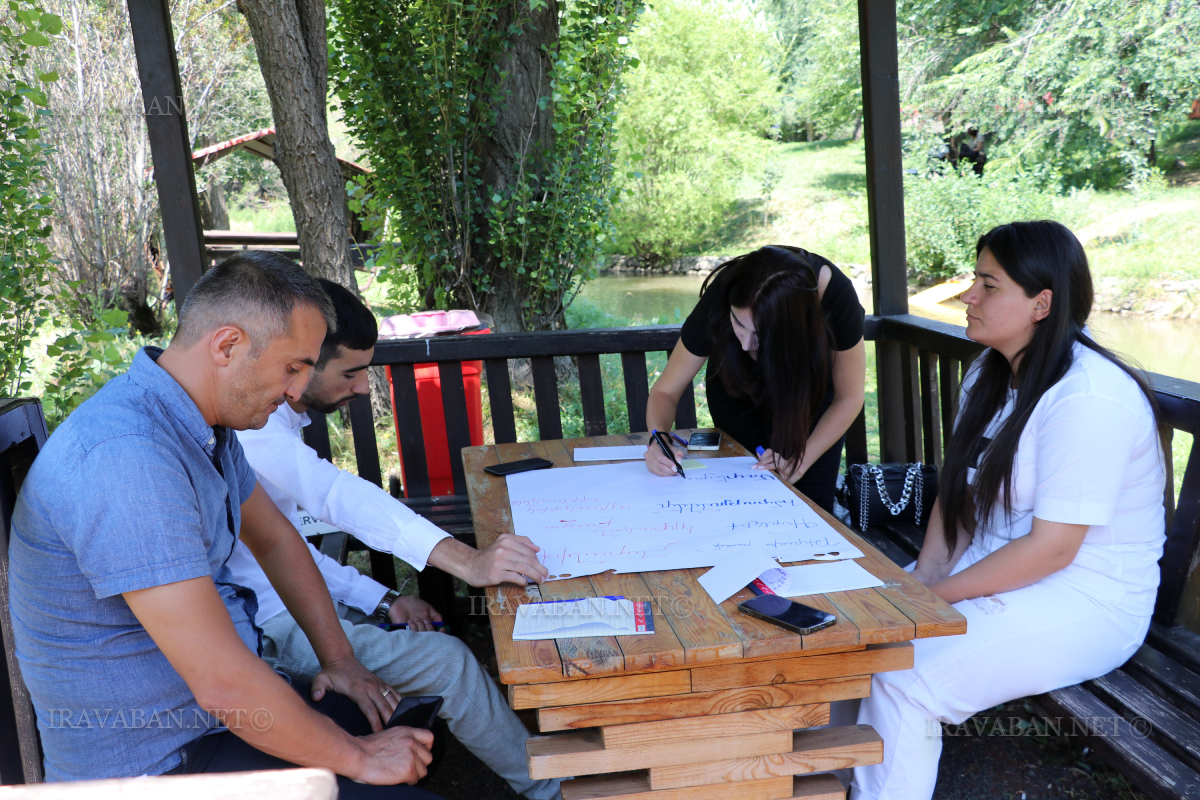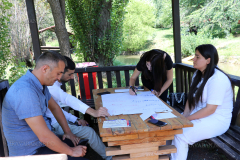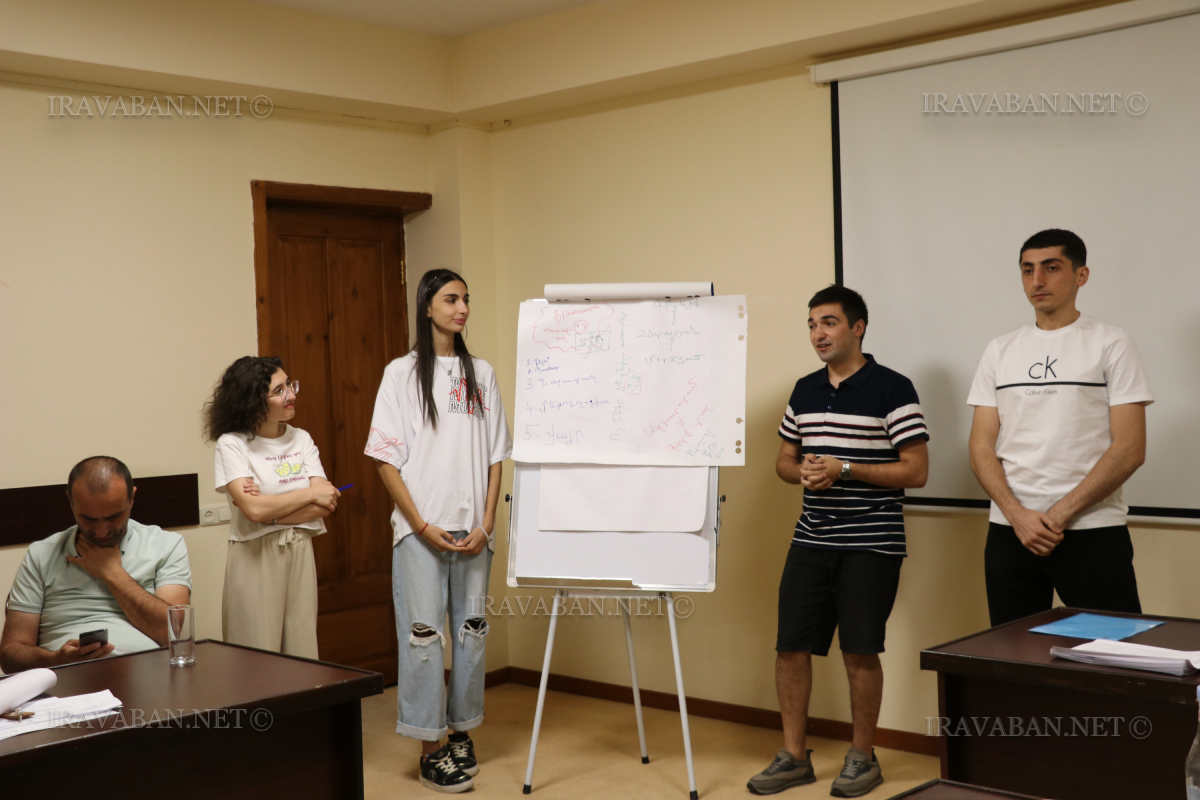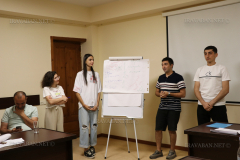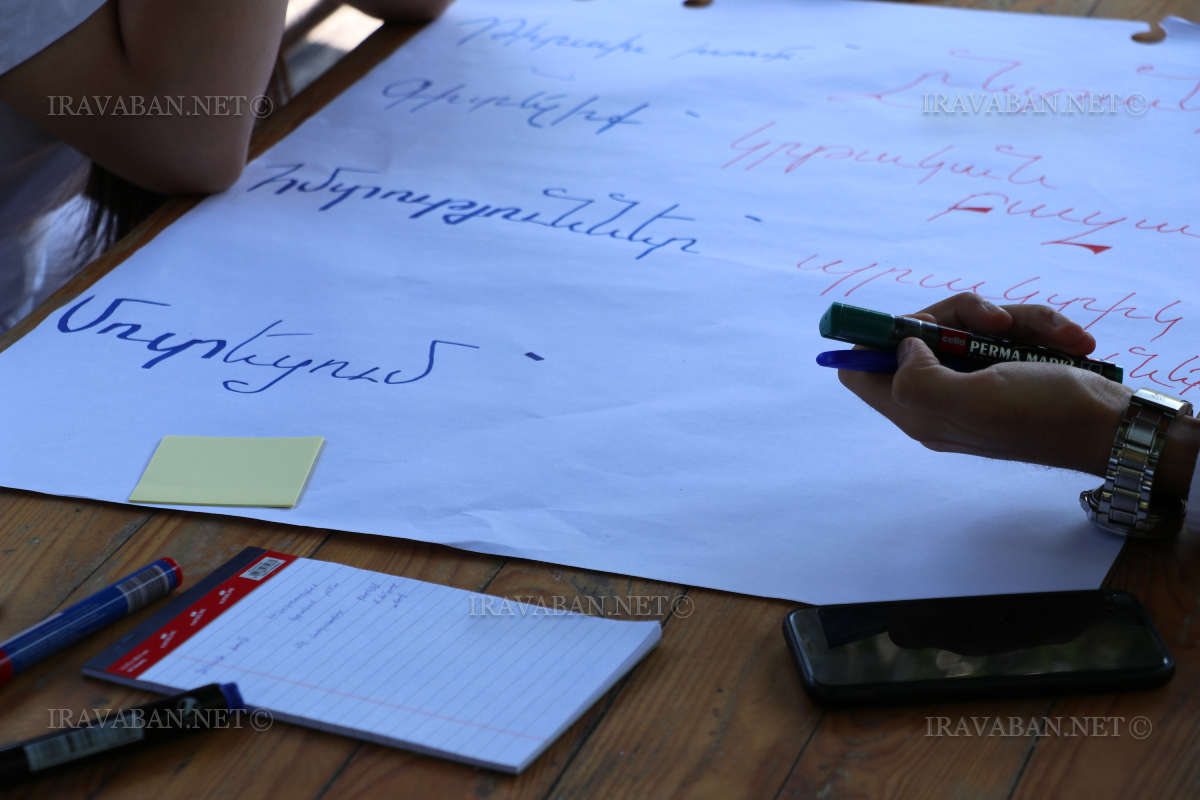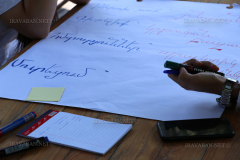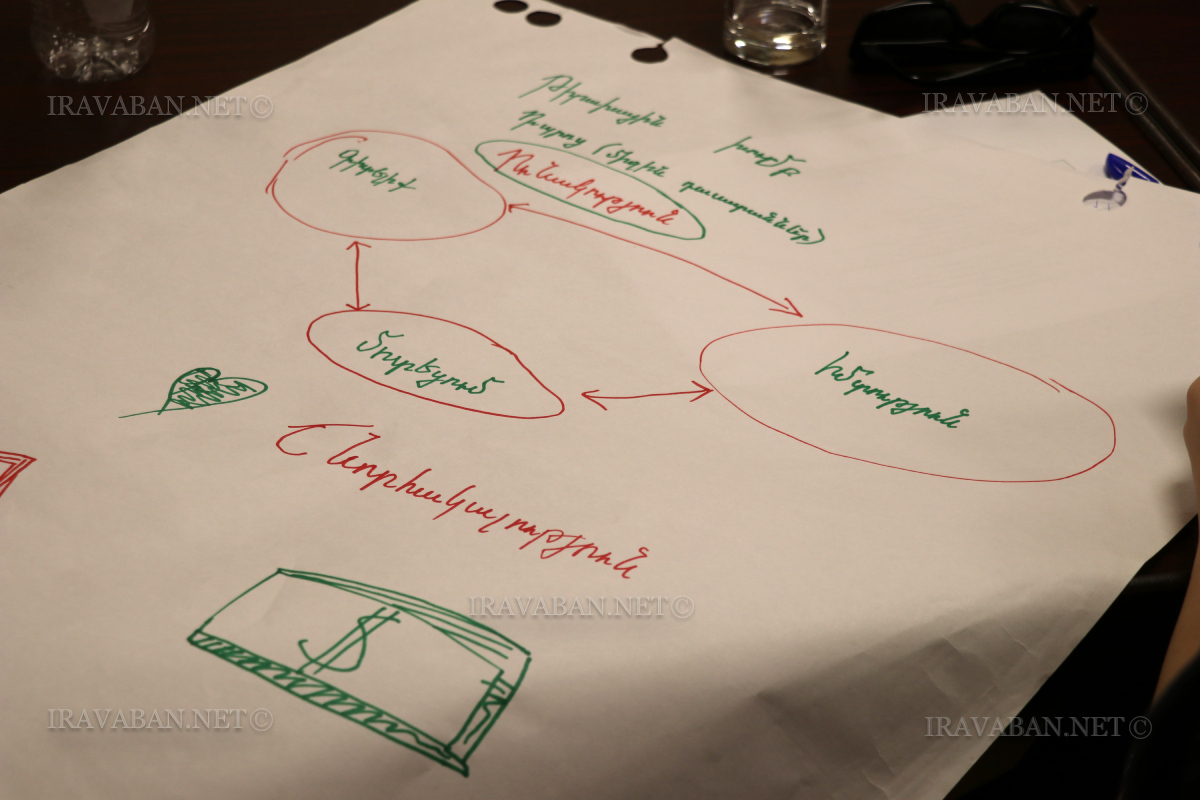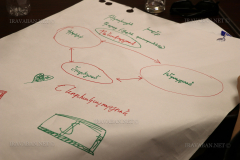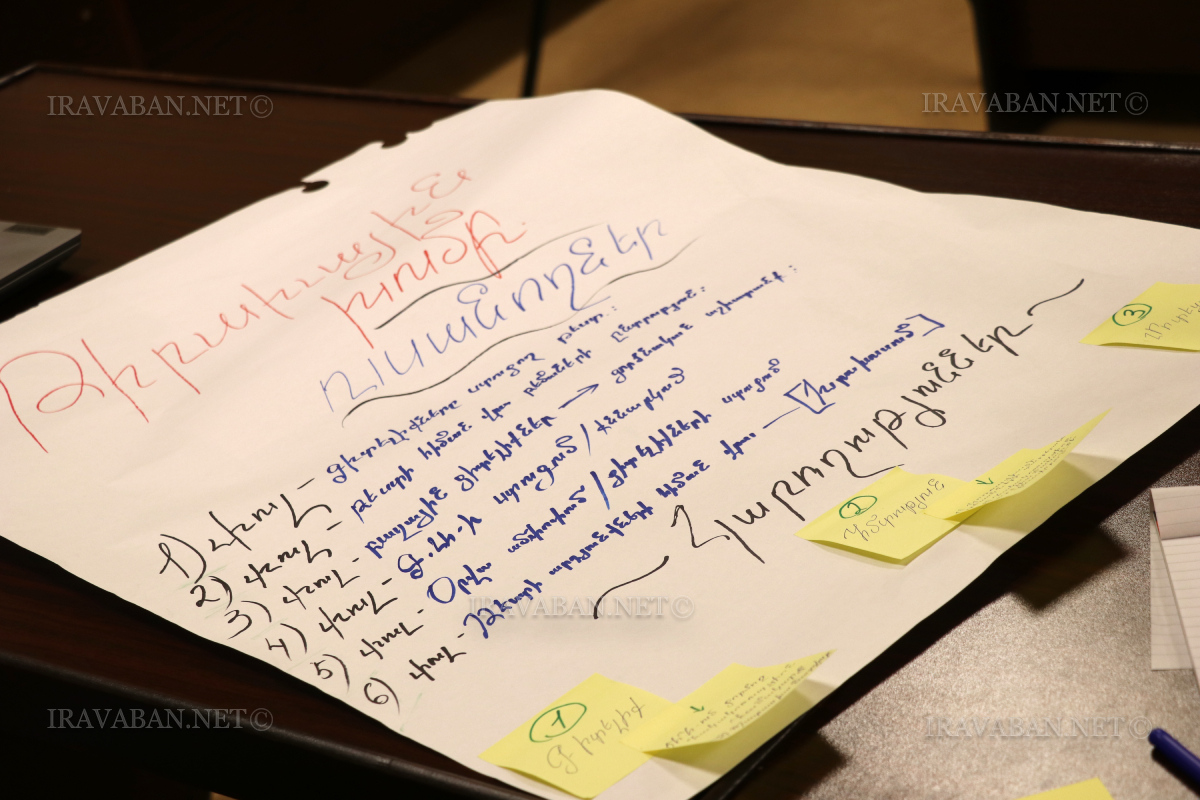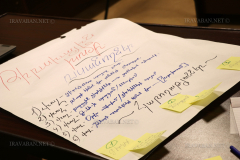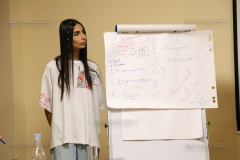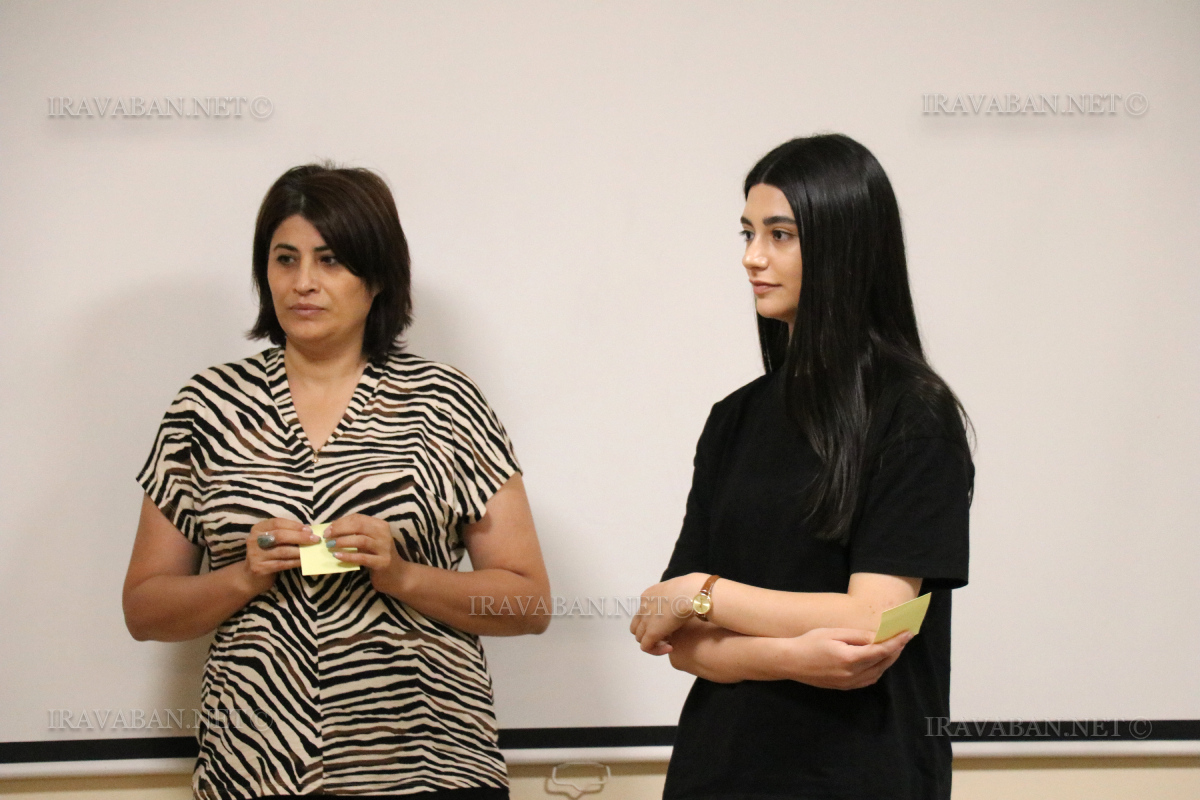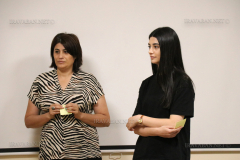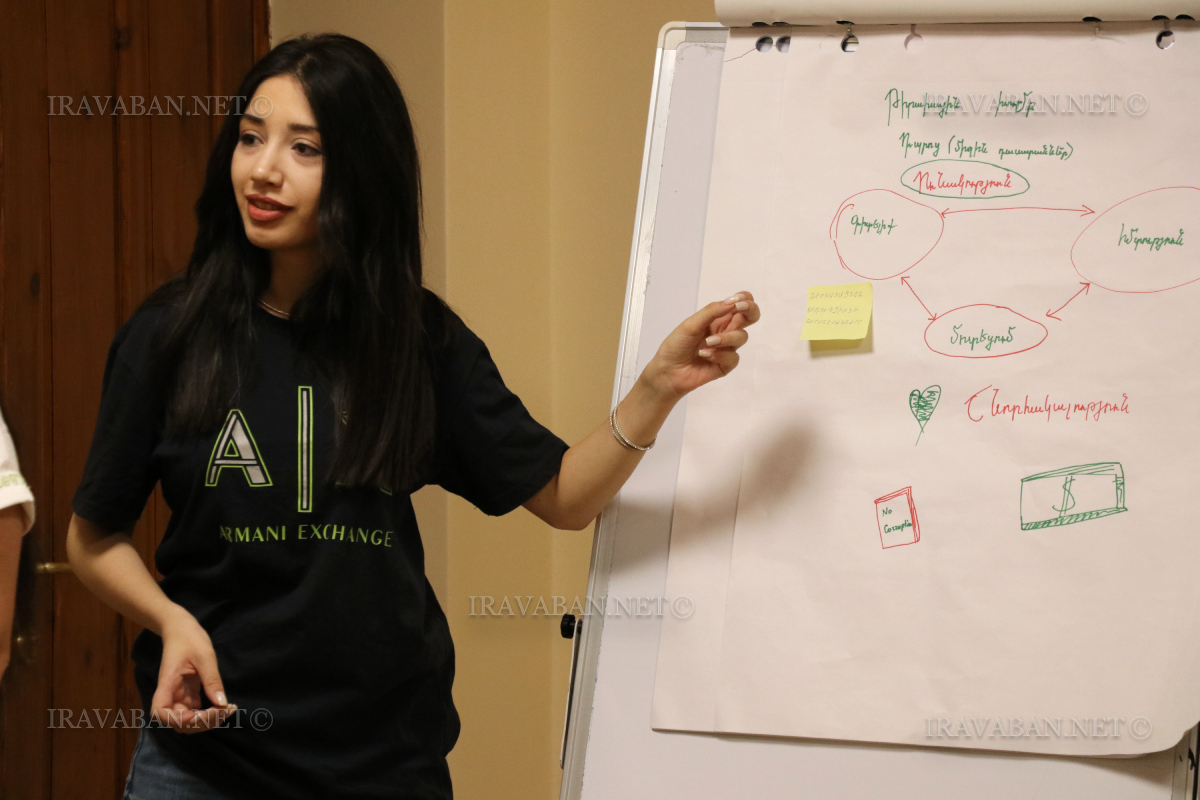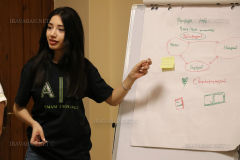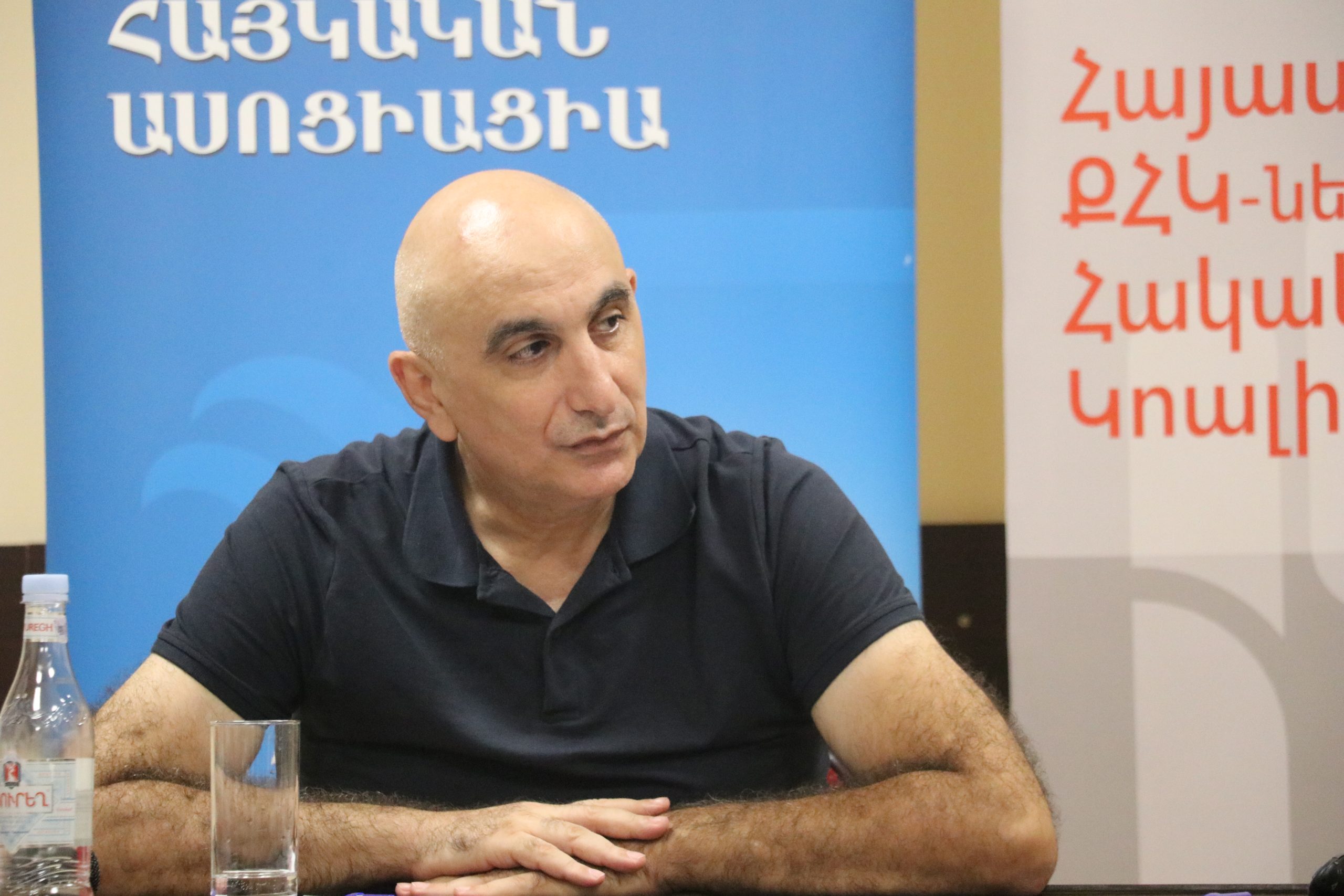
The Outreach Training Phase of the Anti-Corruption School for Young Leaders, the 1st anti-corruption professional educational initiative operating in the Republic of Armenia started on 13 August.
At the end of the first day of training, the students had an interactive discussion about the national pillars with Karen Zadoyan, the President of the Armenian Lawyers’ Association.
He emphasized that Armenia is in a difficult situation today, even facing the risk of losing statehood, and Artsakh has been under siege and genocide for a long time. At the same time, the ALA President urged the participants not to despair and not to give up, because the citizens do not have the right to do so under these conditions.
Within the framework of an interactive discussion, Karen Zadoyan offered to exchange ideas about Armenian culture, the problems facing the state, as well as discuss the 3 national pillars, which are family, culture and spirituality,.
“Our sovereign state is the greatest asset that we have in the face of the Republic of Armenia and Artsakh. We constantly talk about Armenia from sea to sea, Western Armenia, but we do not appreciate the small territory we have, that is Armenia and Artsakh together. I want to ask a question. How much importance do you place on the role of family, culture and spirituality in preserving our statehood?” Karen Zadoyan asked the students.
Angelina Mirzoeva, one of the participants of the School, noted that she is a representative of the national minority, the Assyrian community, and she understands very well how difficult and painful it is to lose one’s own state. Her father is Assyrian, and mother is Armenian.
“We were taught from childhood that we are the preservers of our culture. Assyrians have not had a state for about 3,500 years, but I am proud that we have kept our language, writing, literature, and dances. In other words, everything that is a big part of our culture. And now, as a representative of the national minority, I feel pain when our friends who came to Armenia from Russia cannot communicate in Armenian,” Angelina said, adding that she considers Armenia her homeland and does not want the country to suffer the fate of Assyria.
One of the students of the school, Aram Khachatryan, who was born in Artsakh, also expressed his opinion about the topic. “Being Armenian should become the biggest force that unites us. A person is a person with his memories, his historical past.”
During the discussion, the students of the School emphasized internal public reconciliation in the context of preserving statehood. They also spoke about factors contributing to the loss of statehood, external influences on the RA and emphasized the importance of preserving national identity and culture.
“There are many nations that have had a great impact on the stage of history, but today they are simply pushed out and are presented as national minorities. The important thing is the people who live and create in Armenia, in defense and for the well being off our statehood,” the President of ALA concluded.

